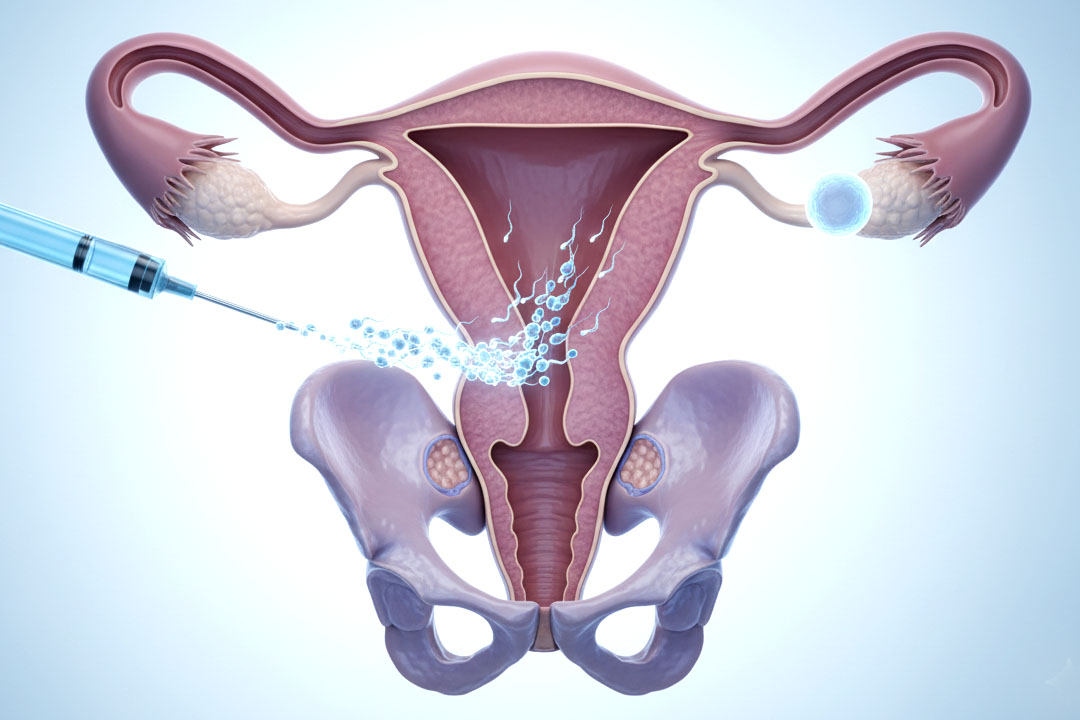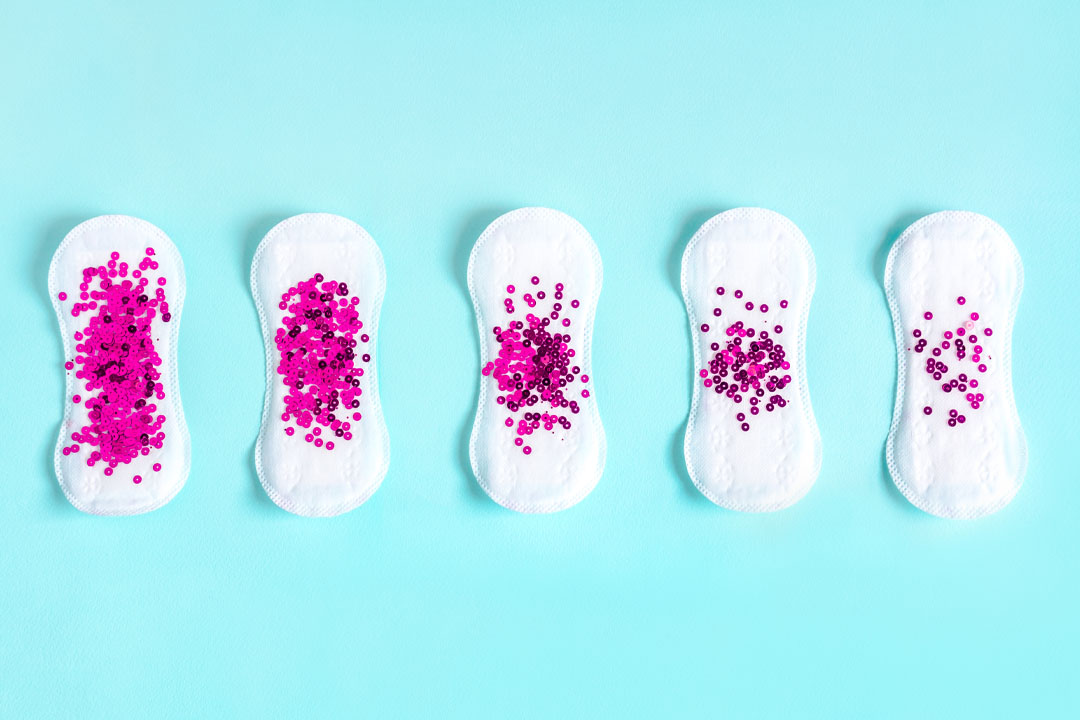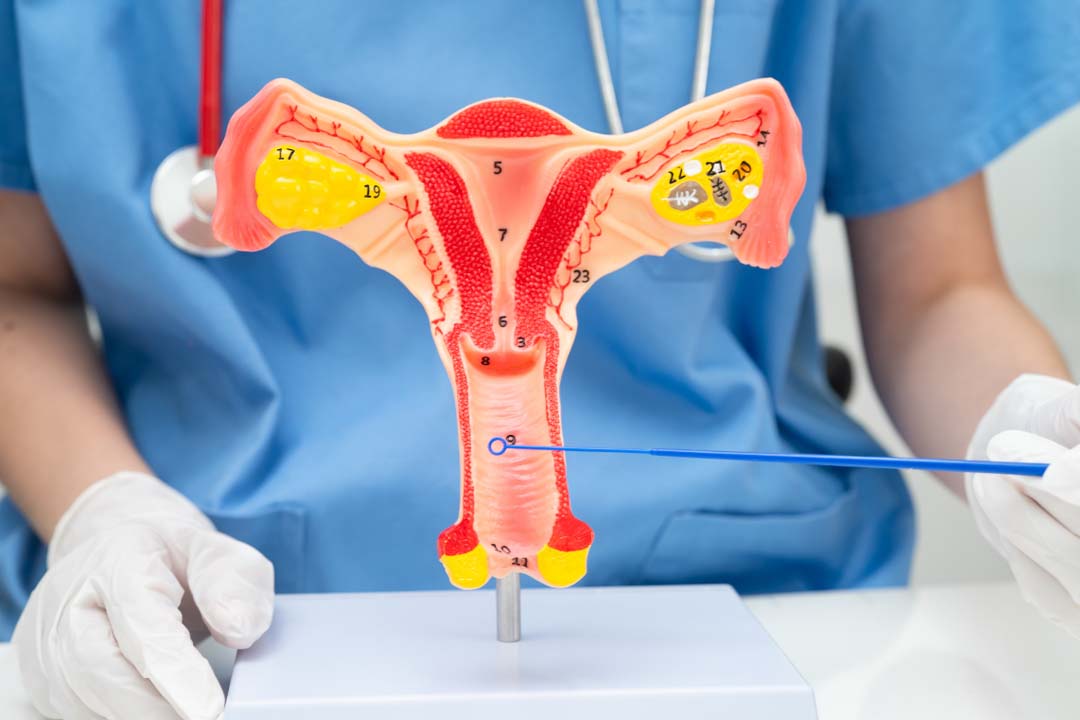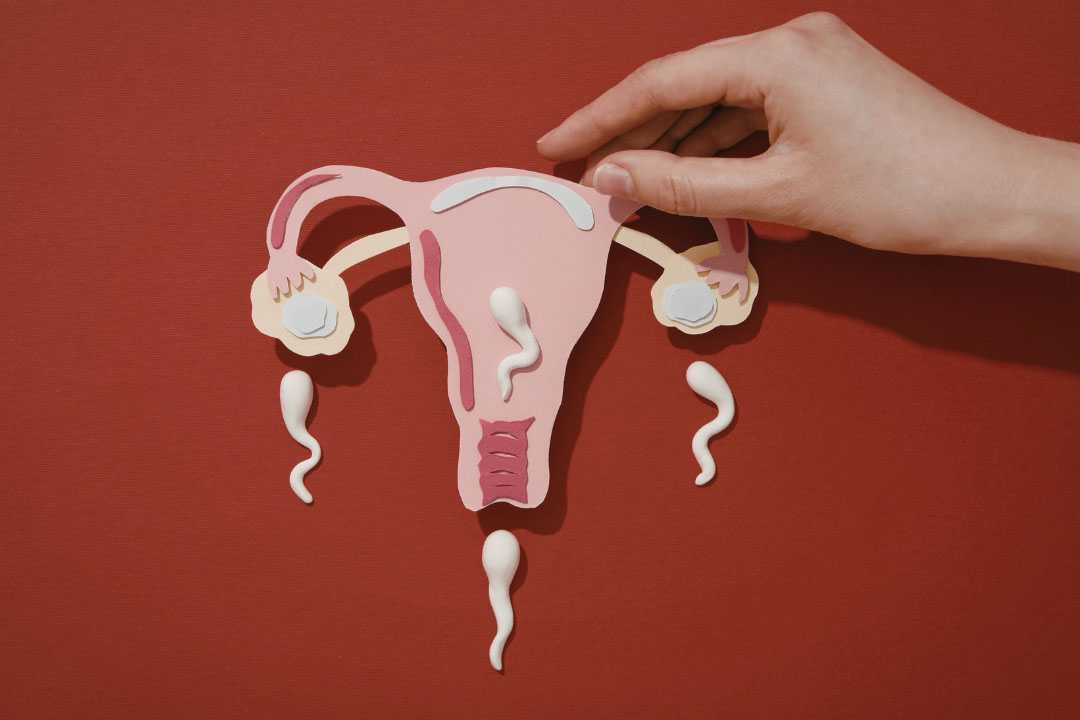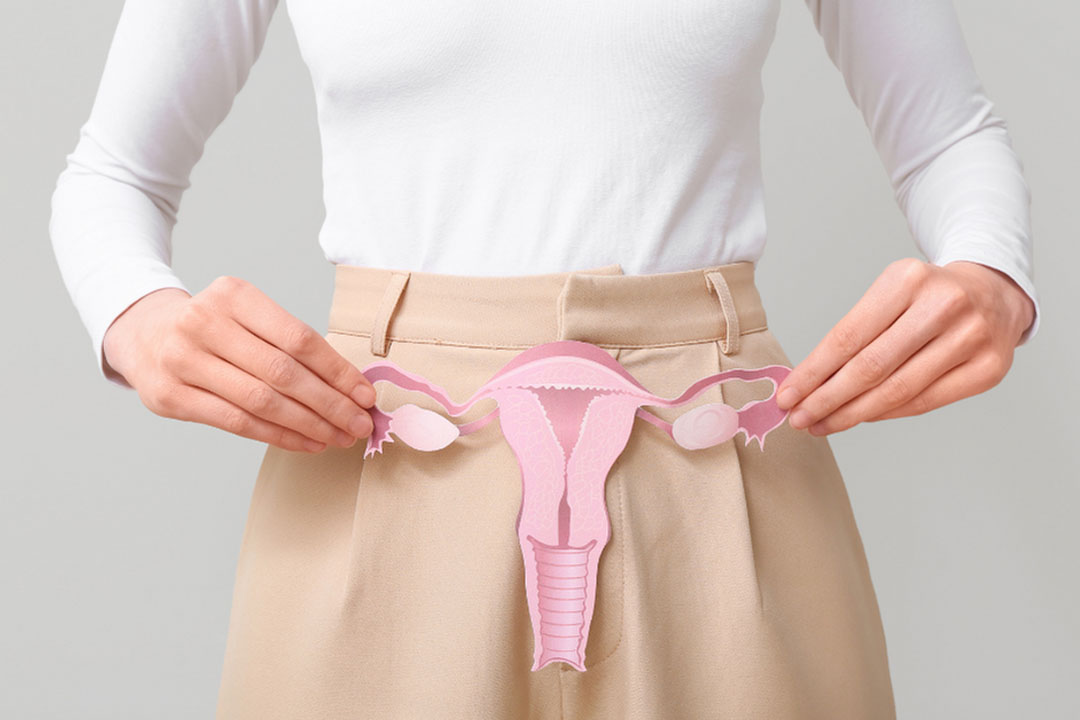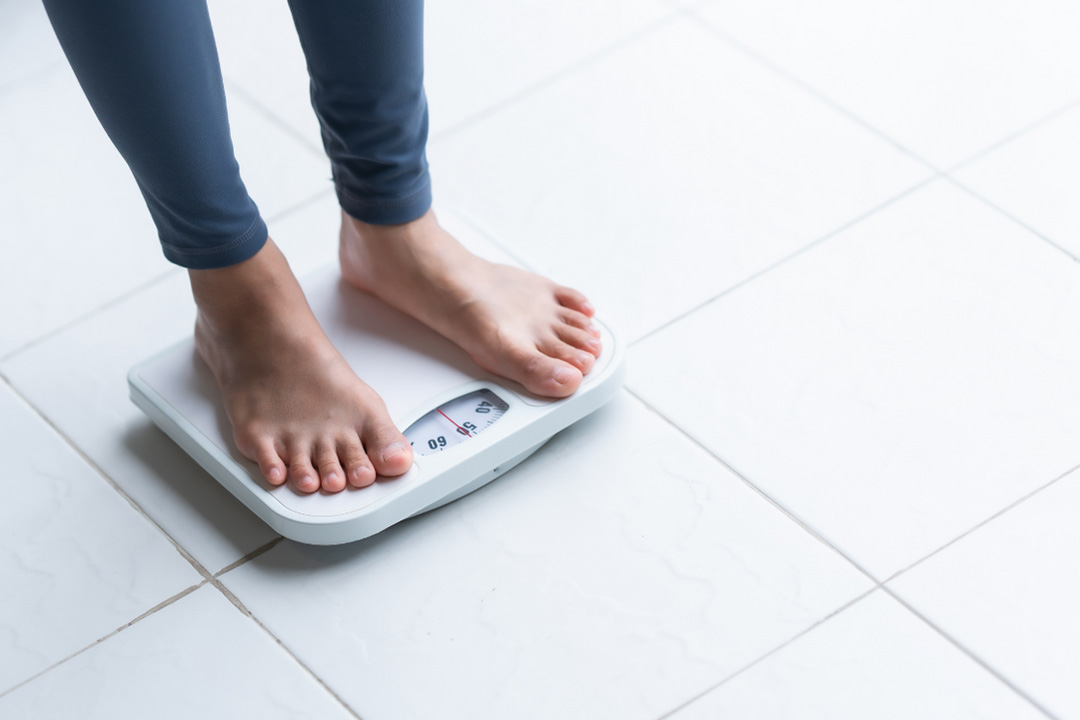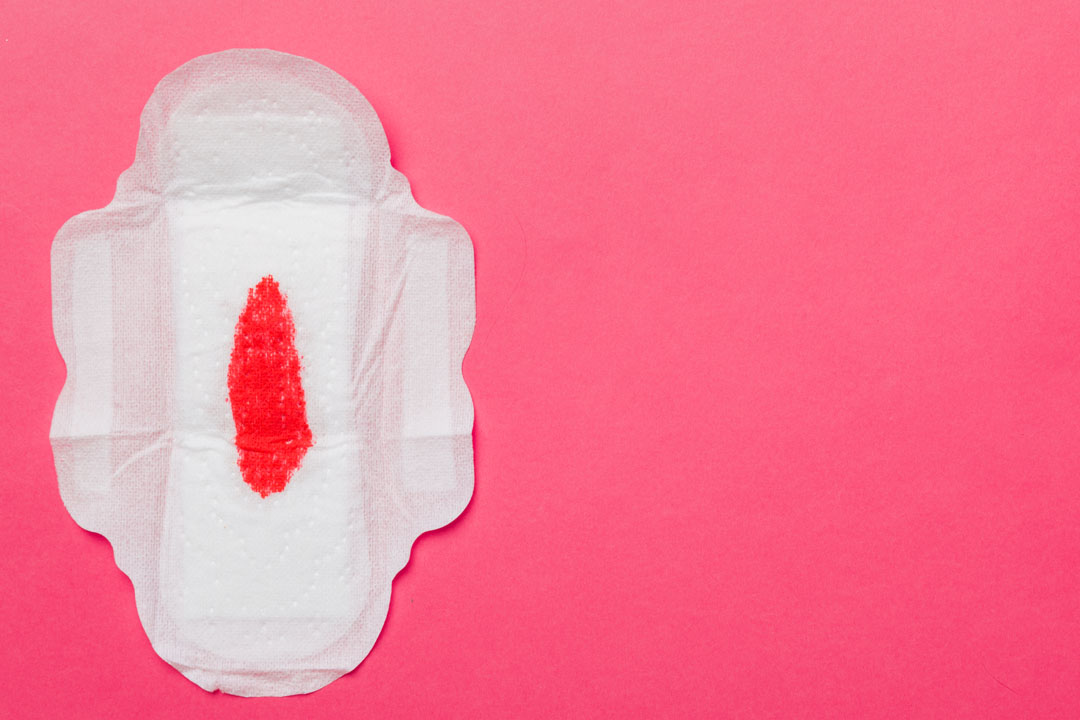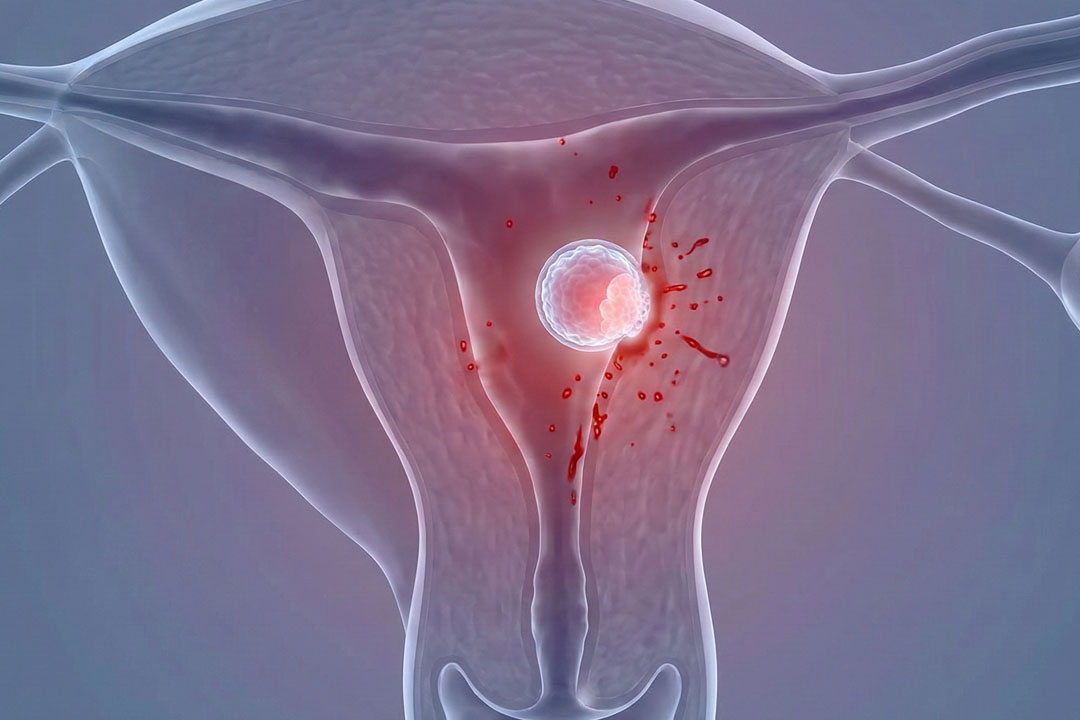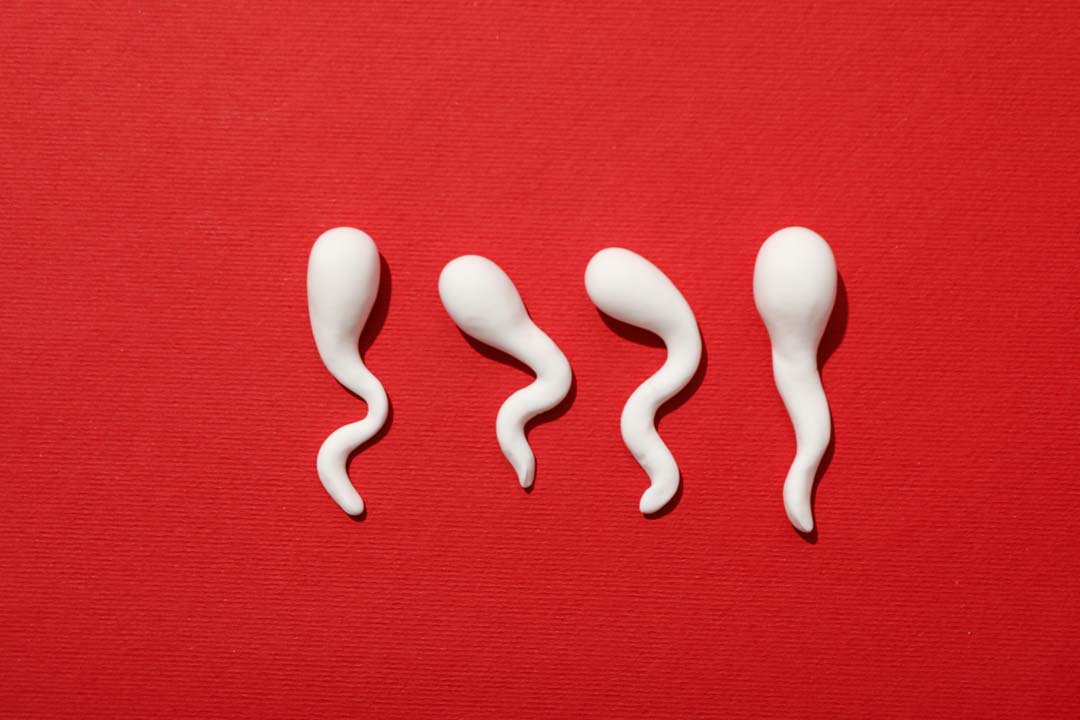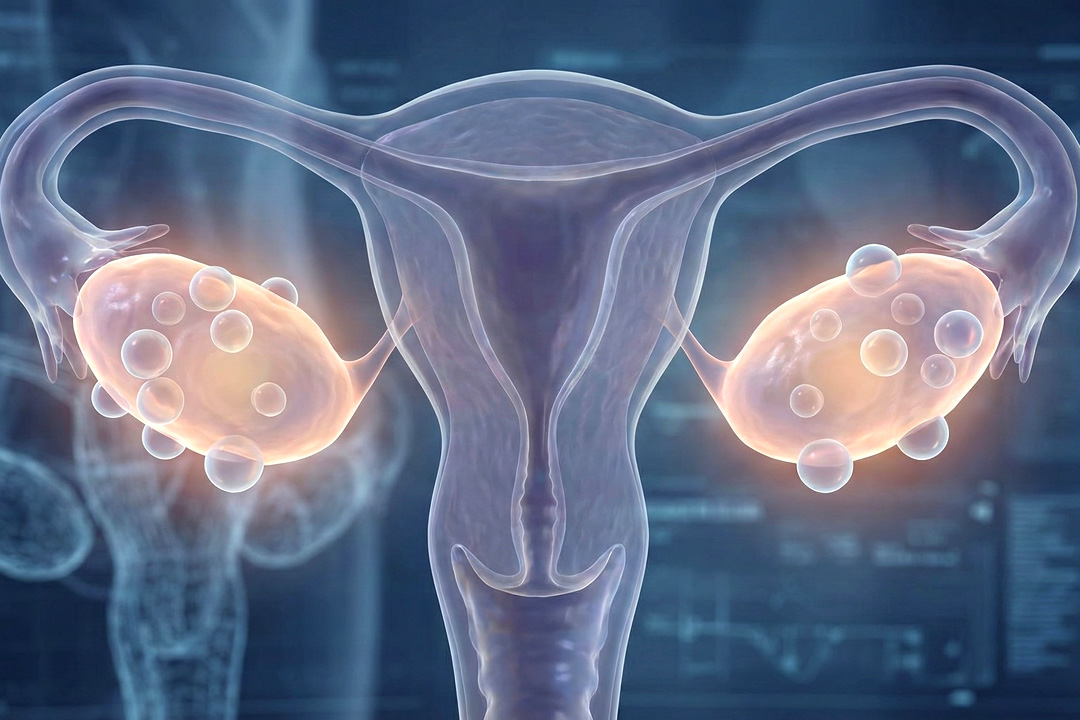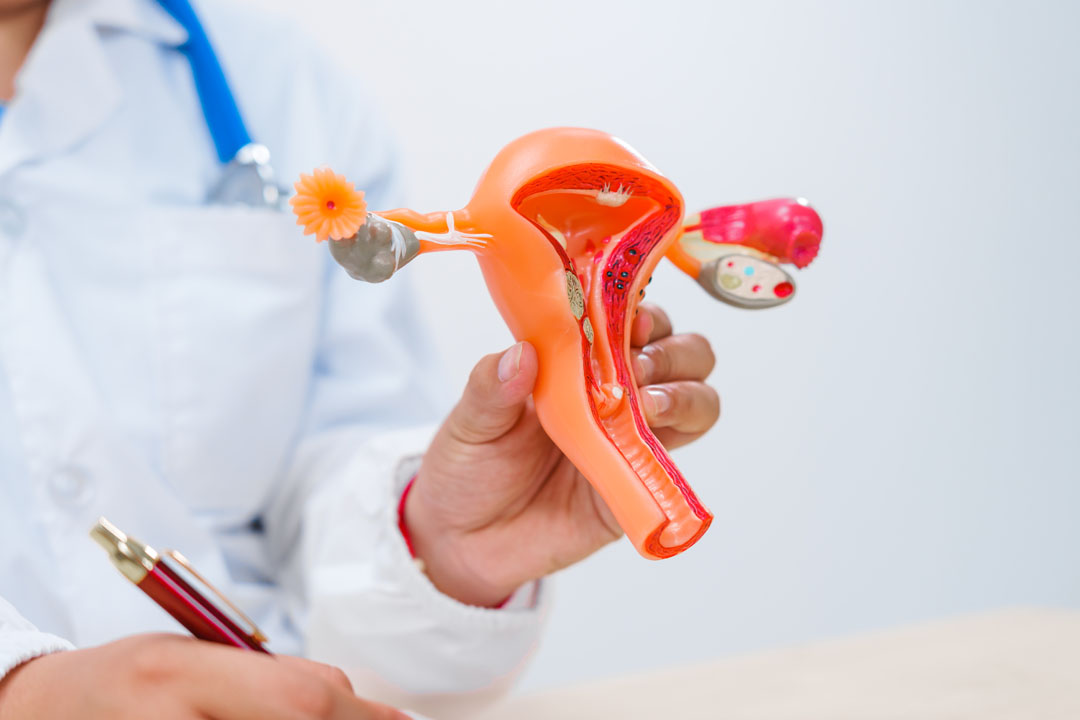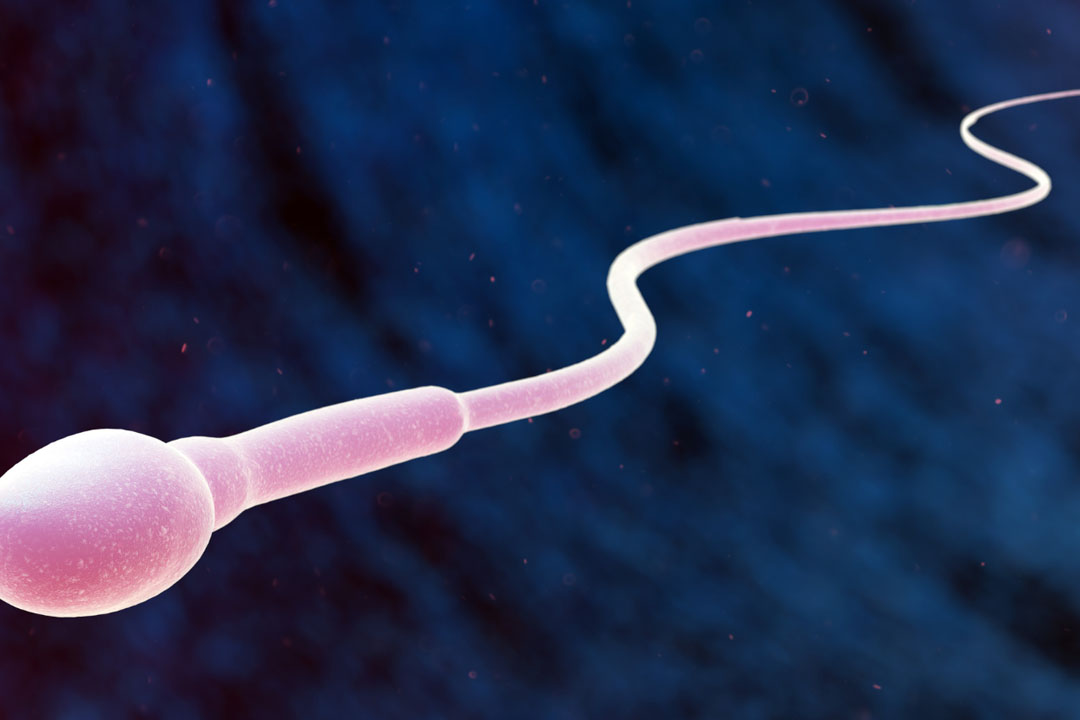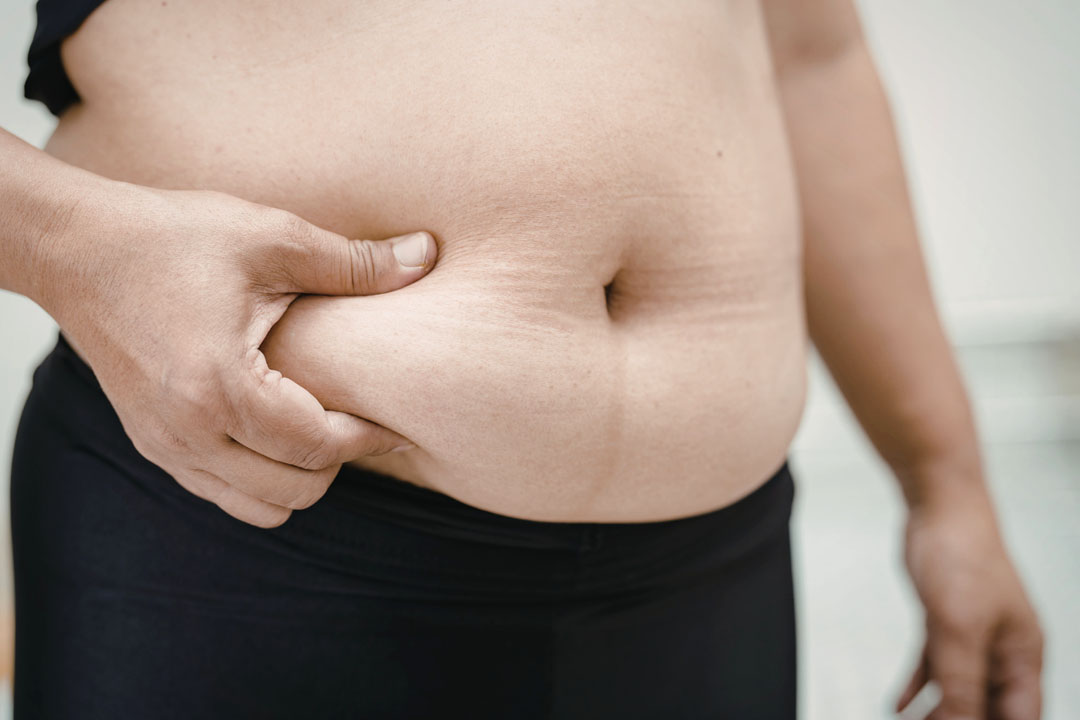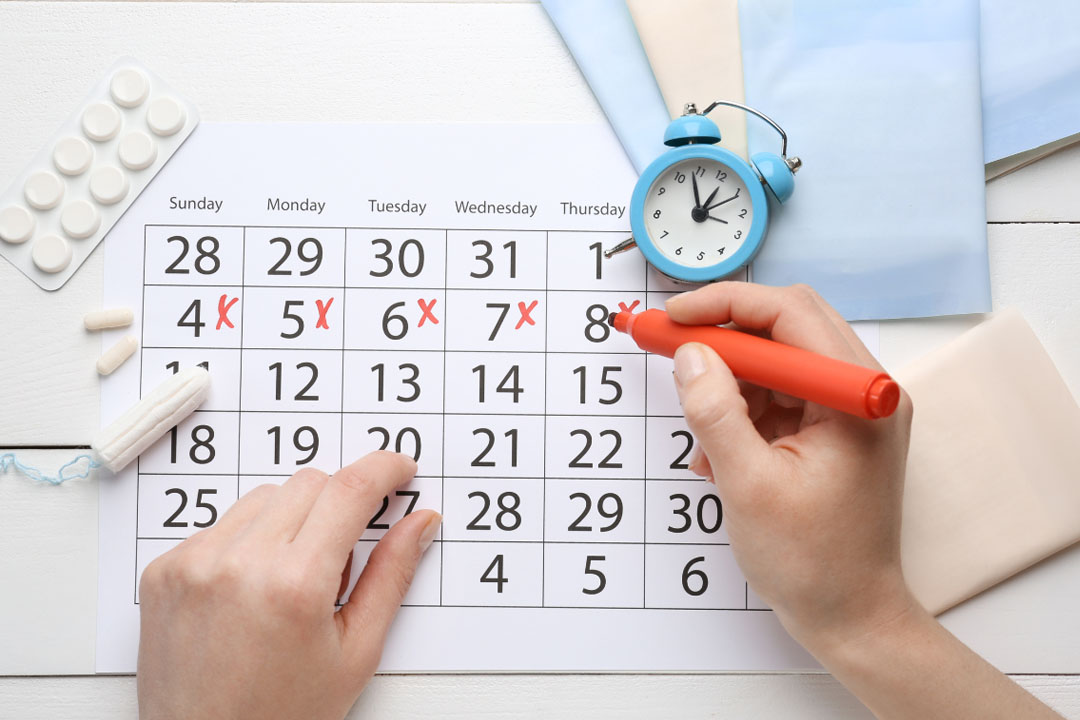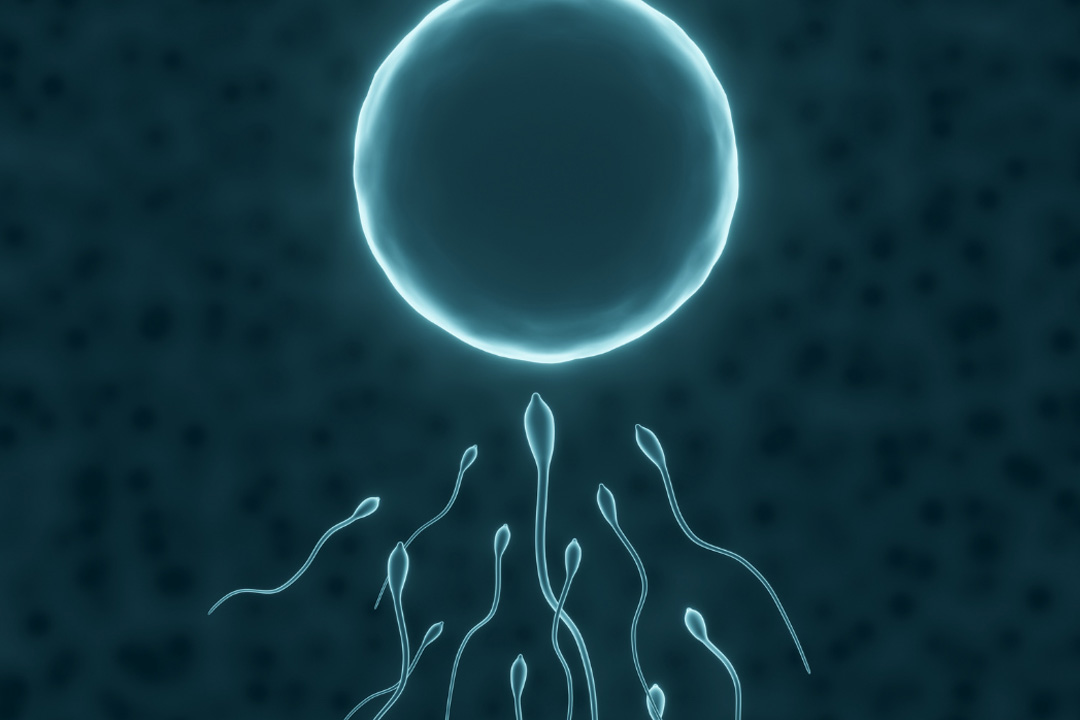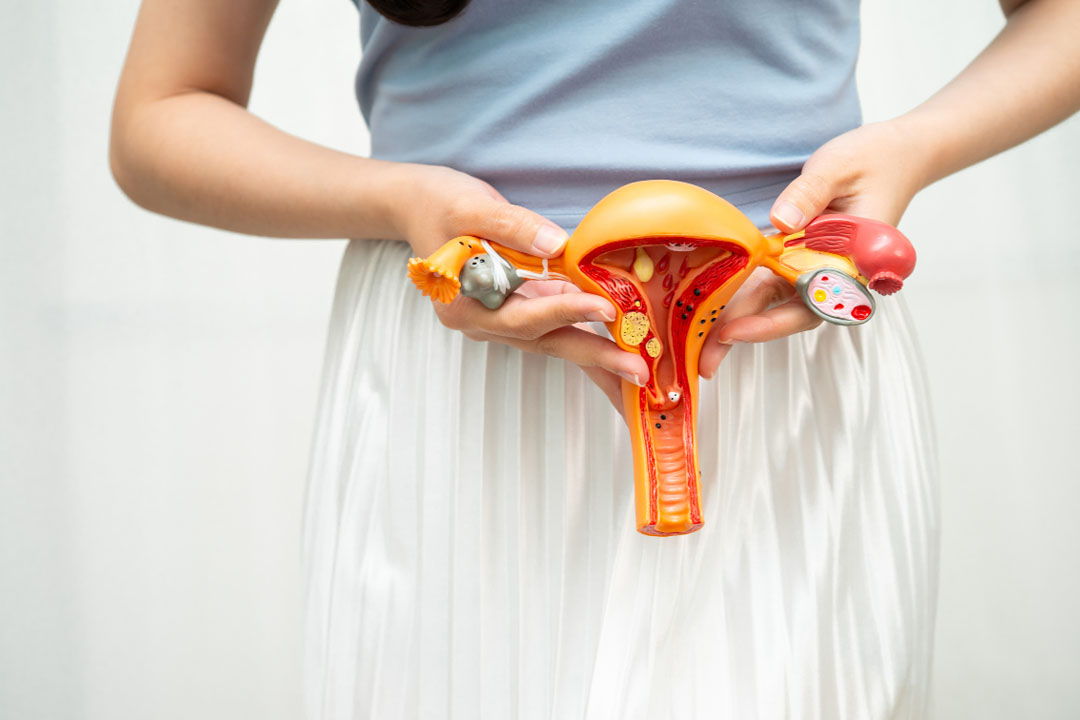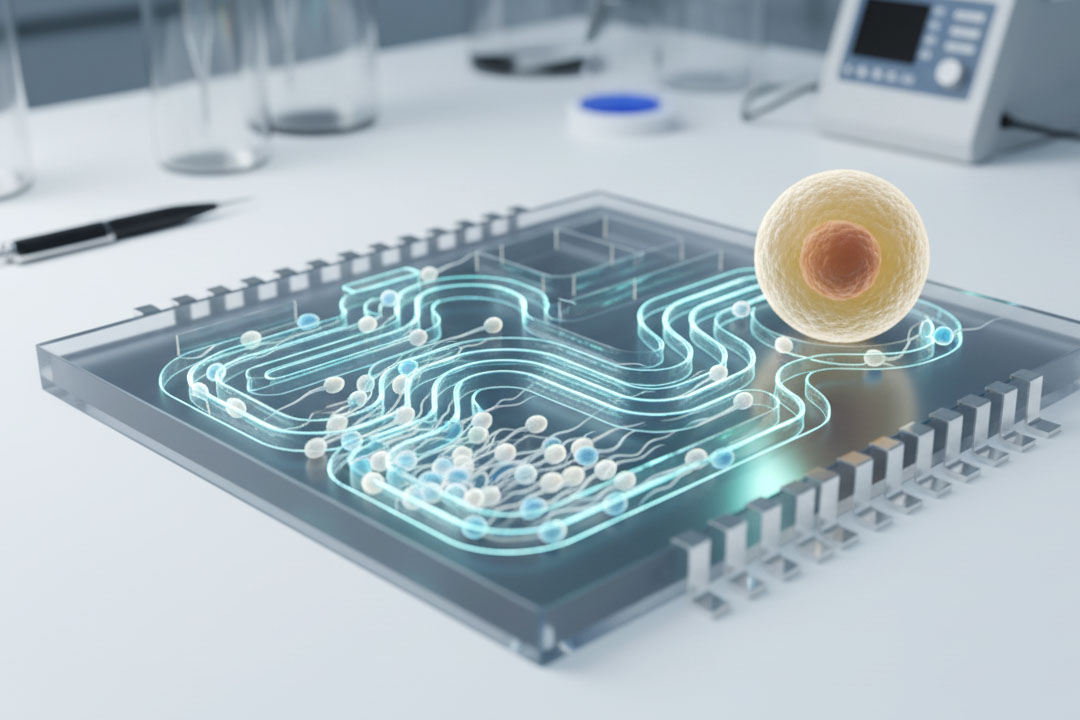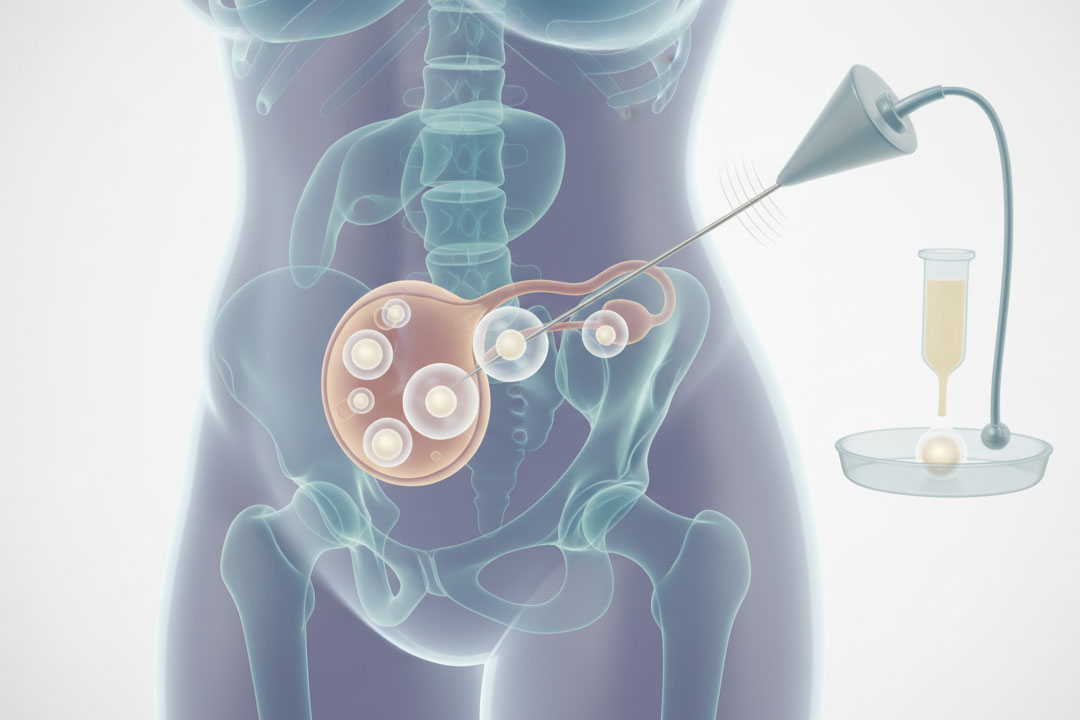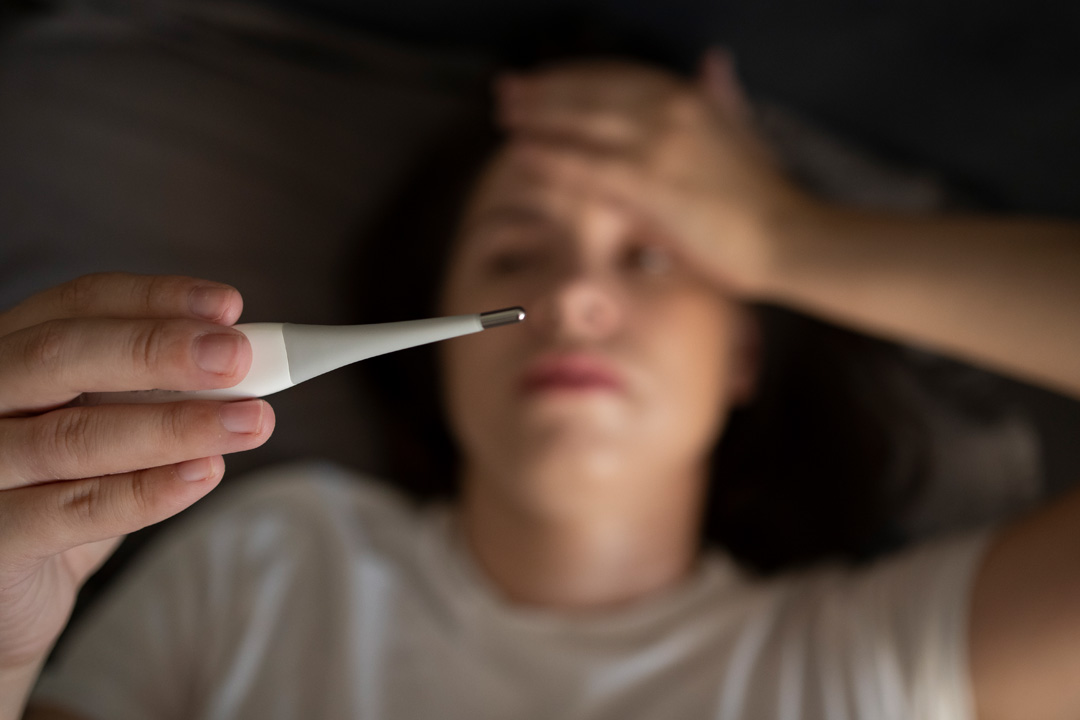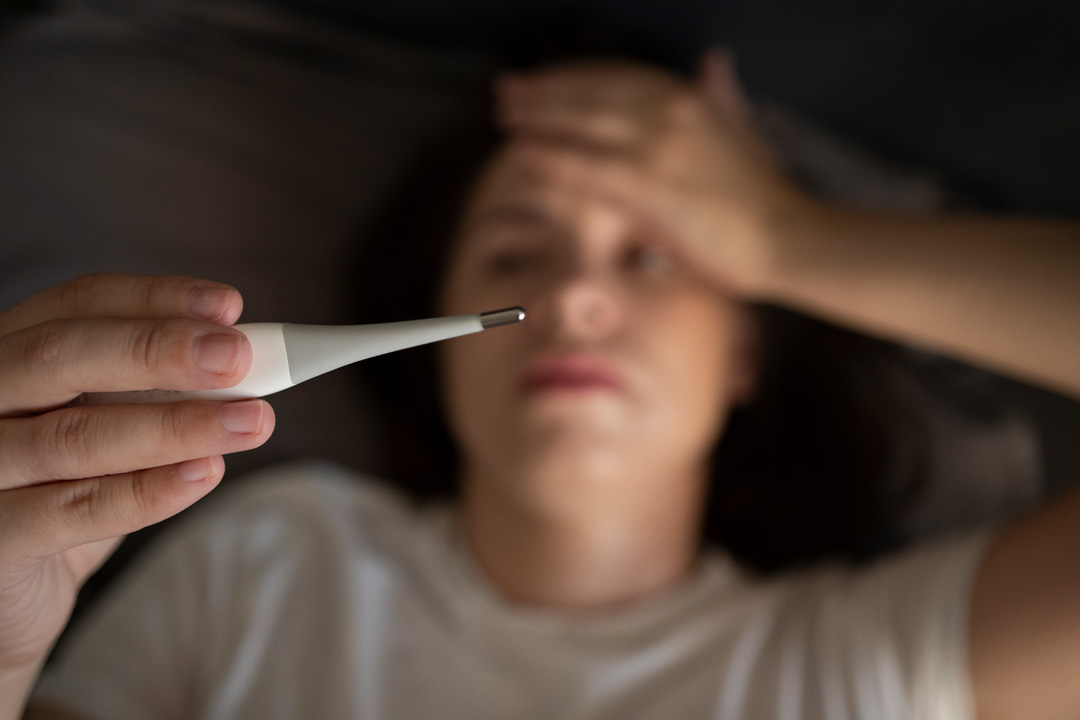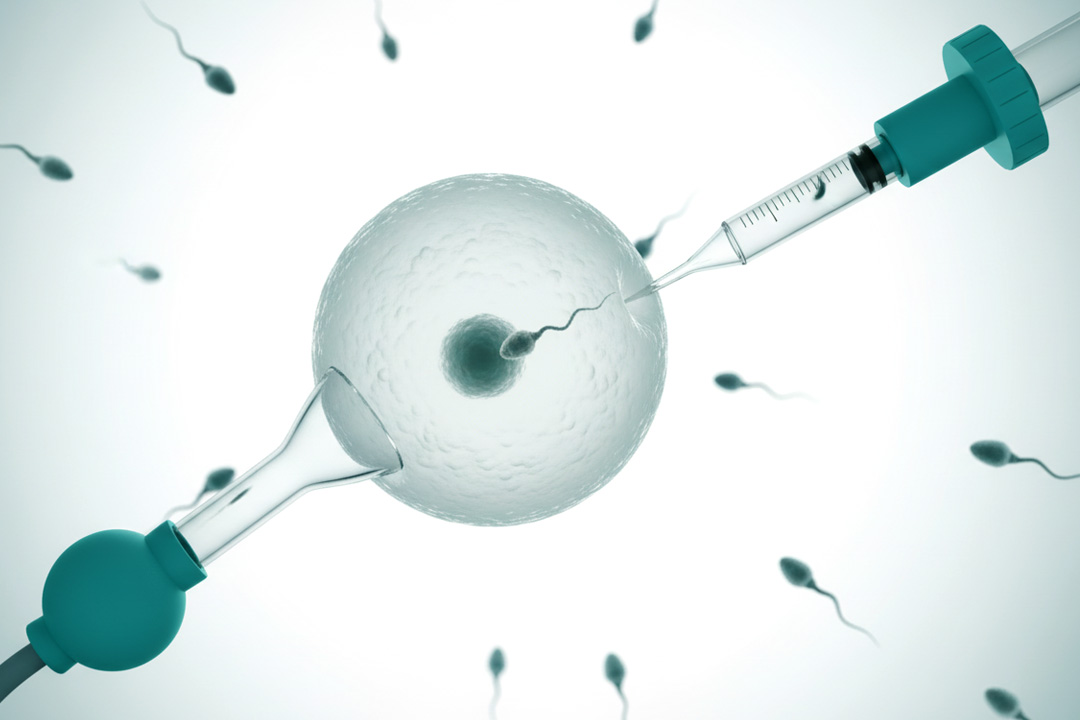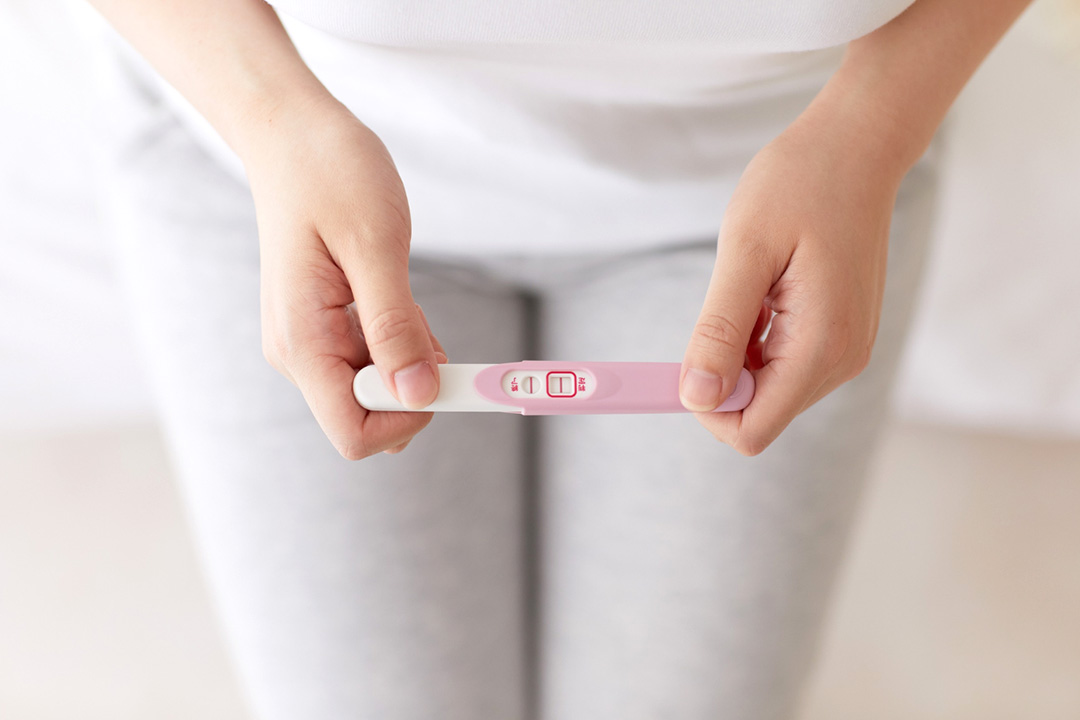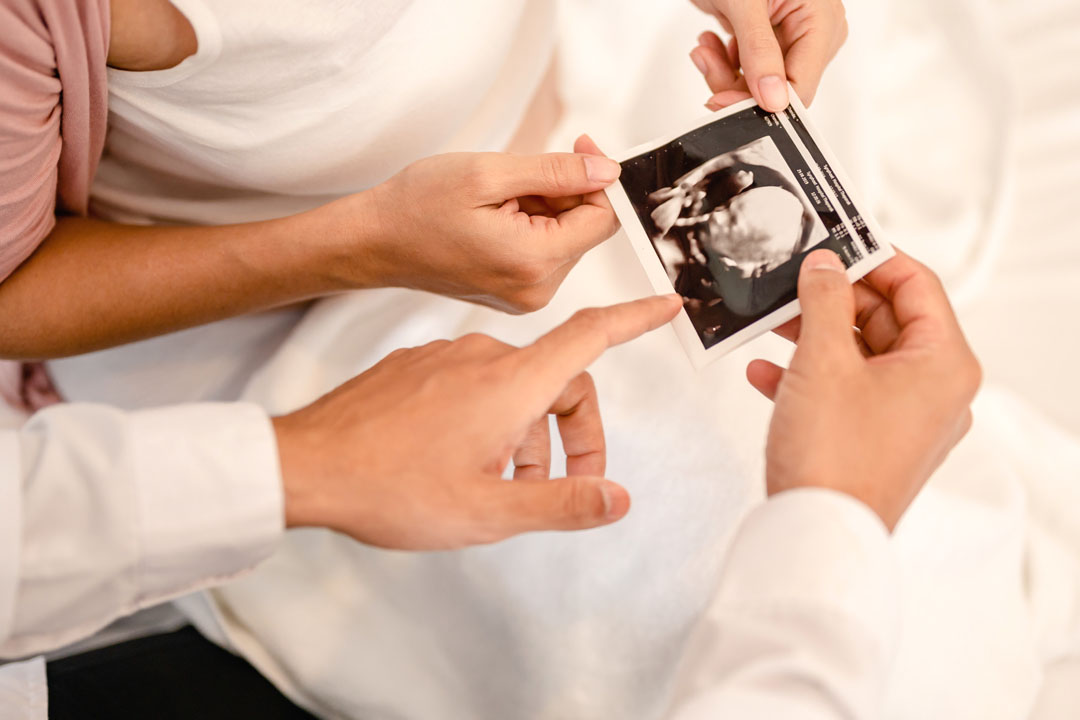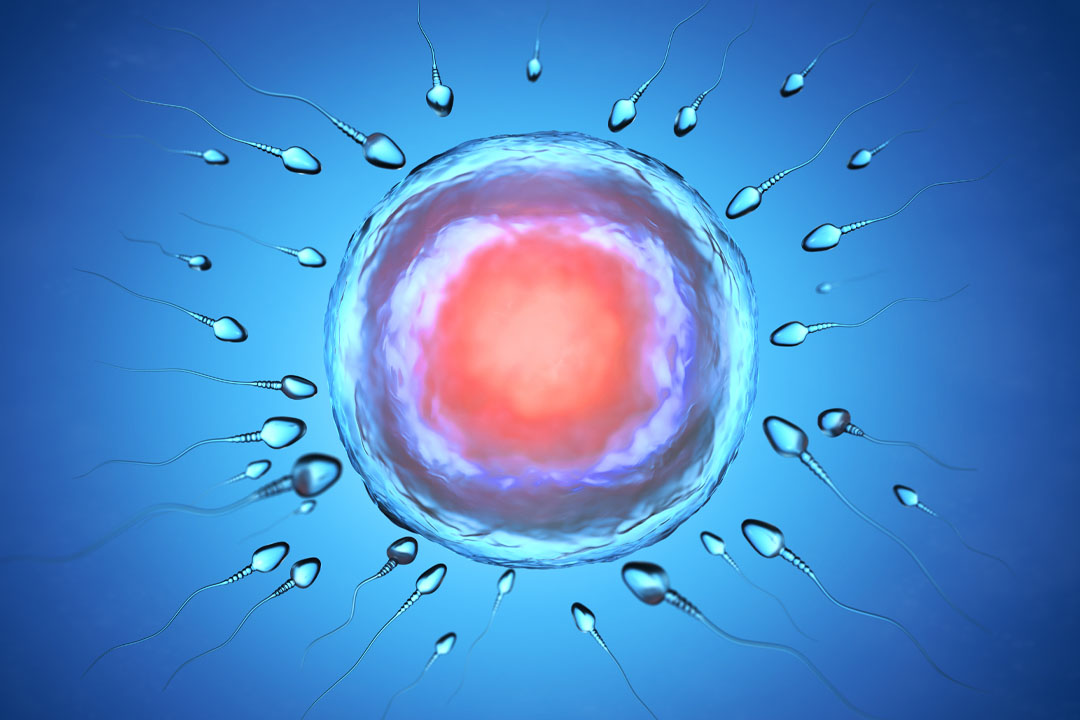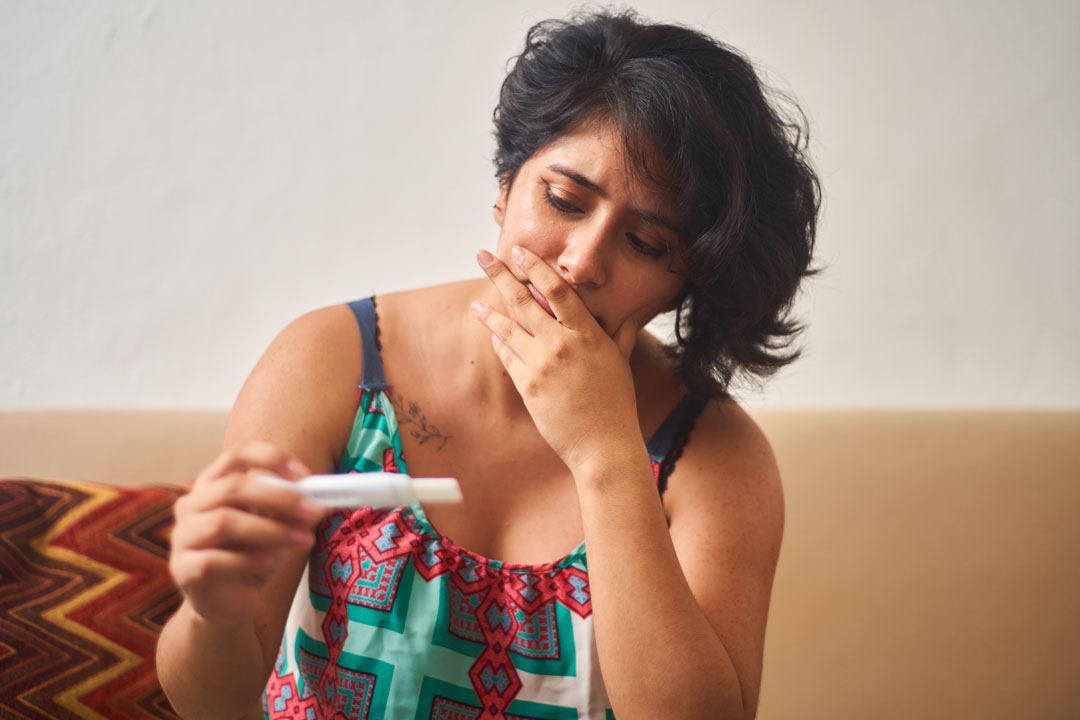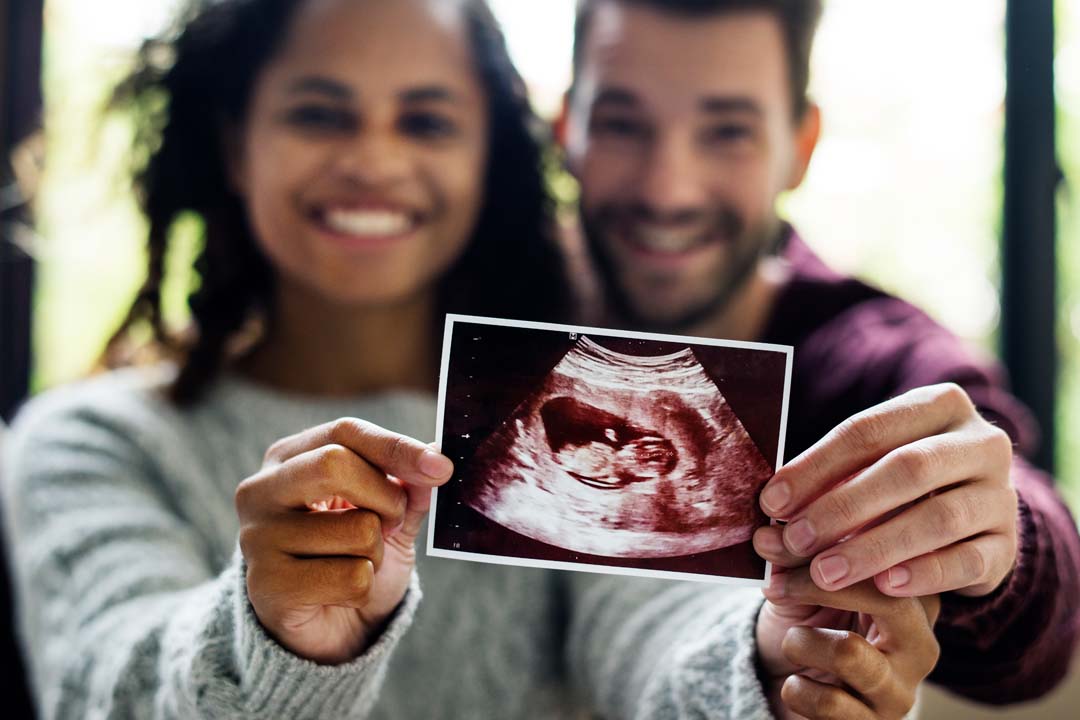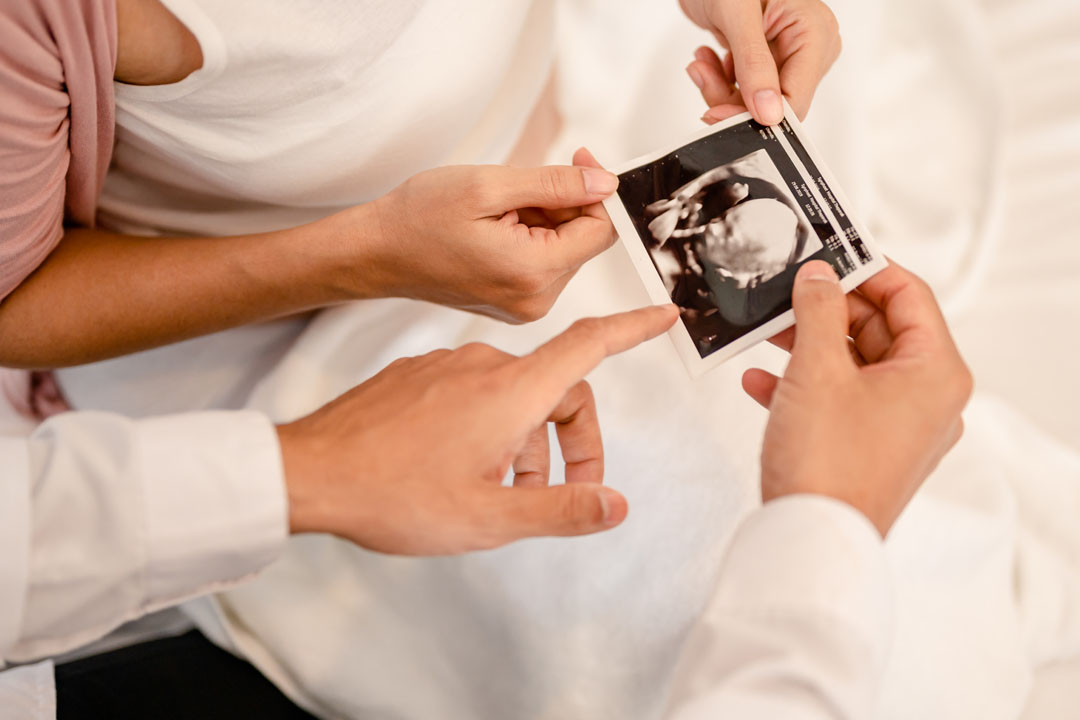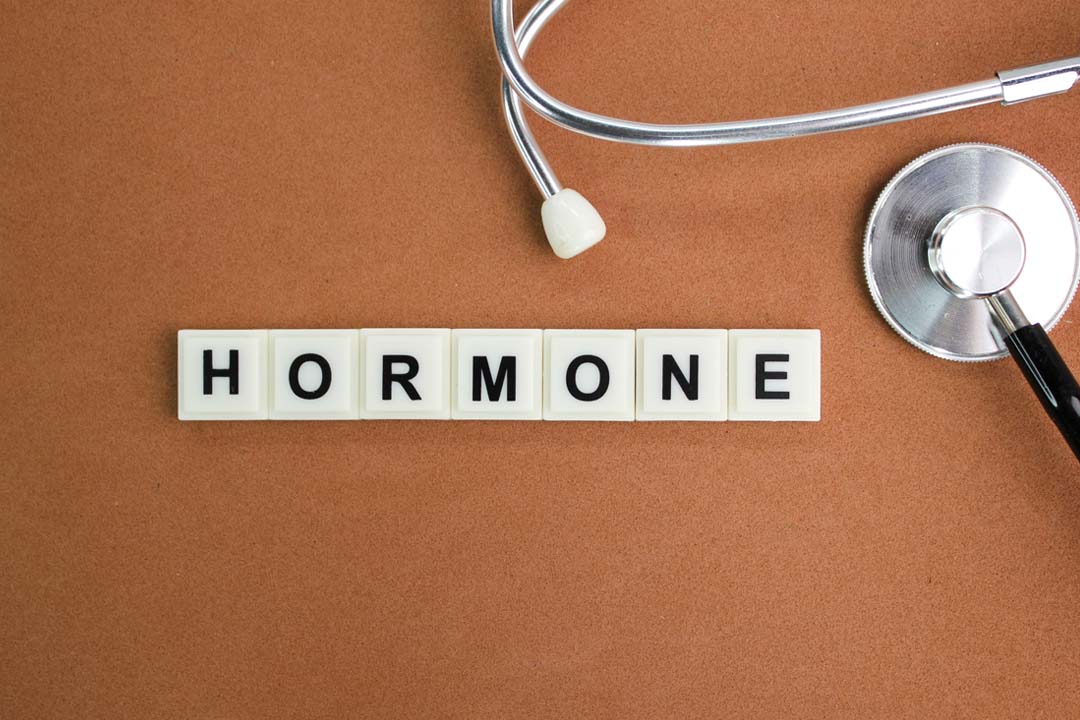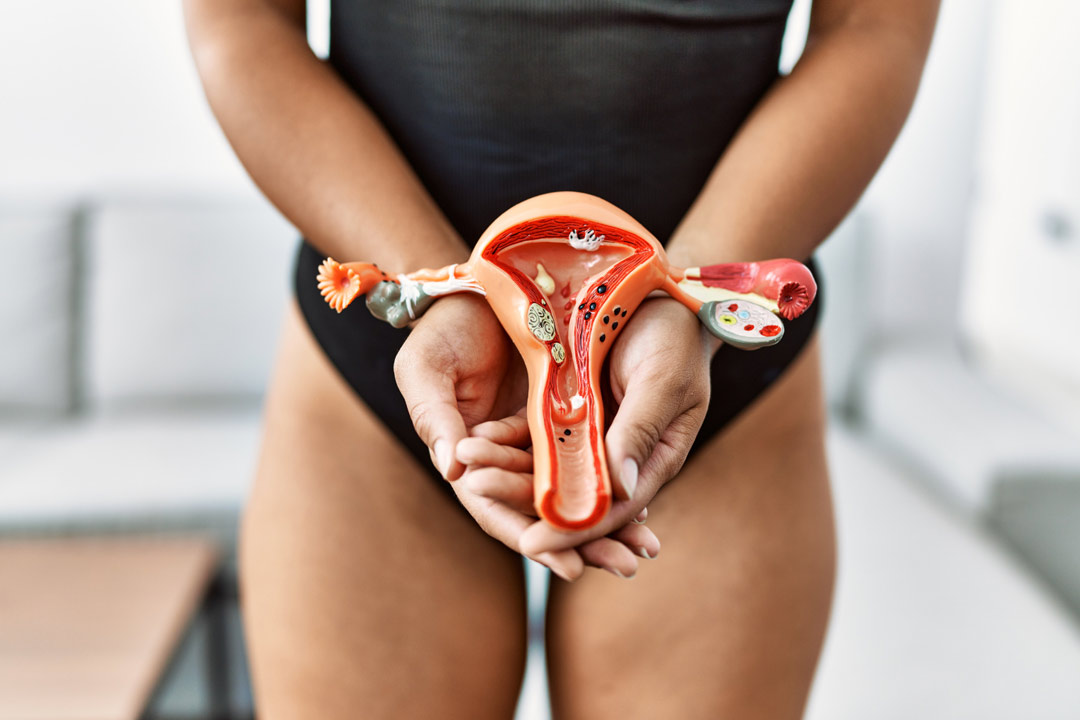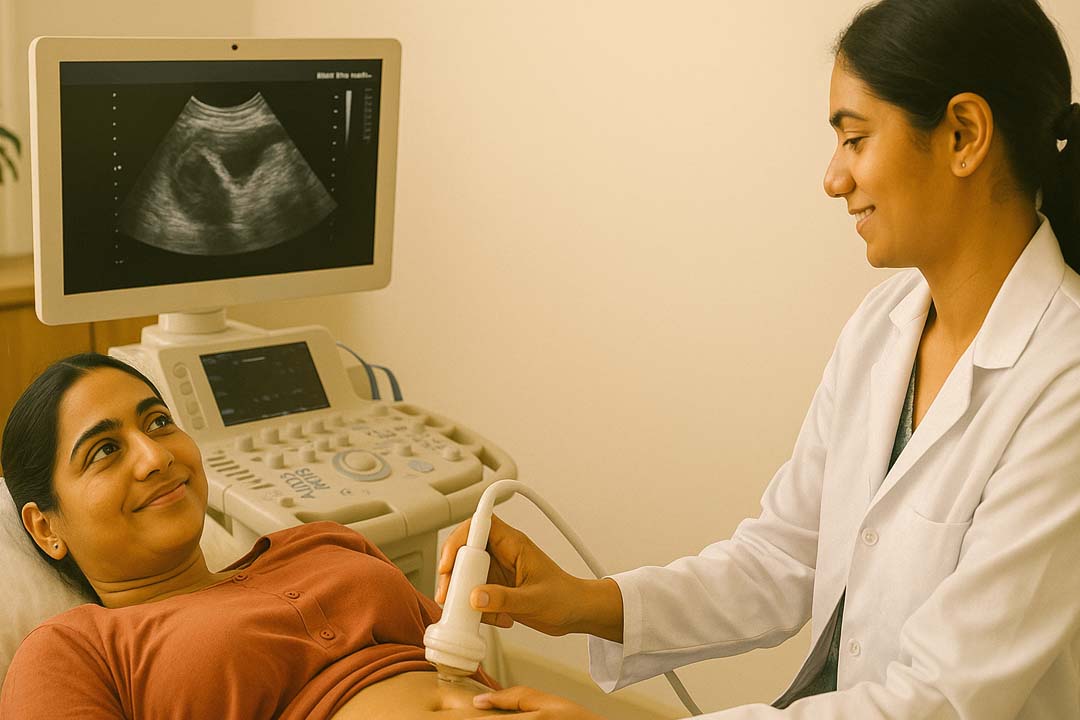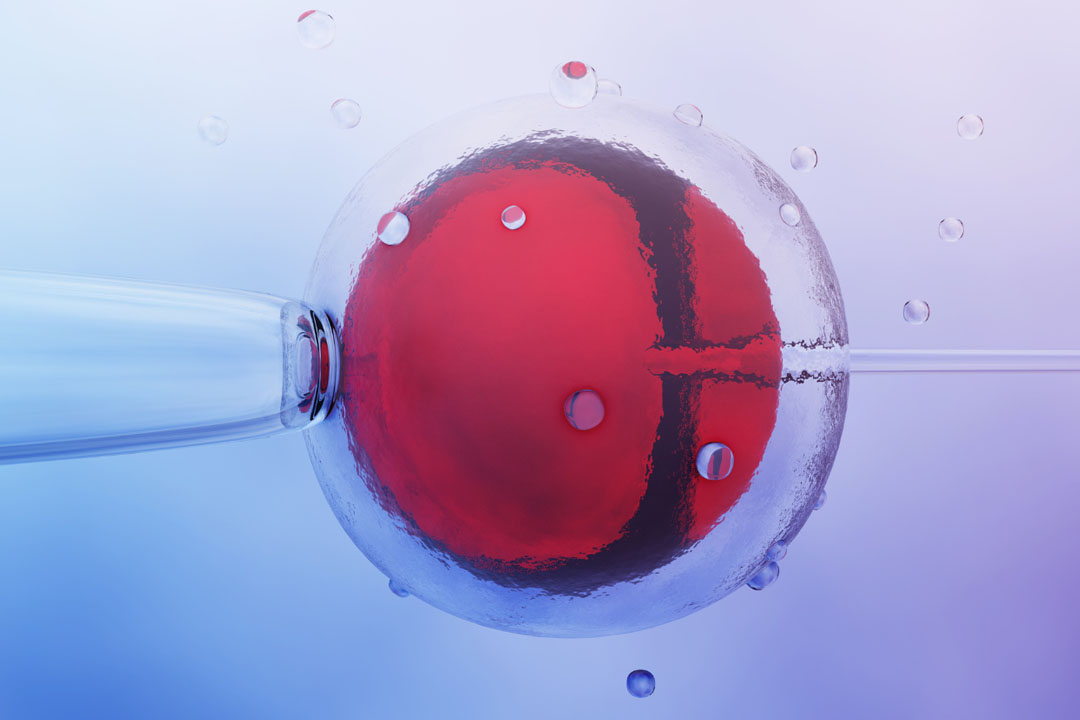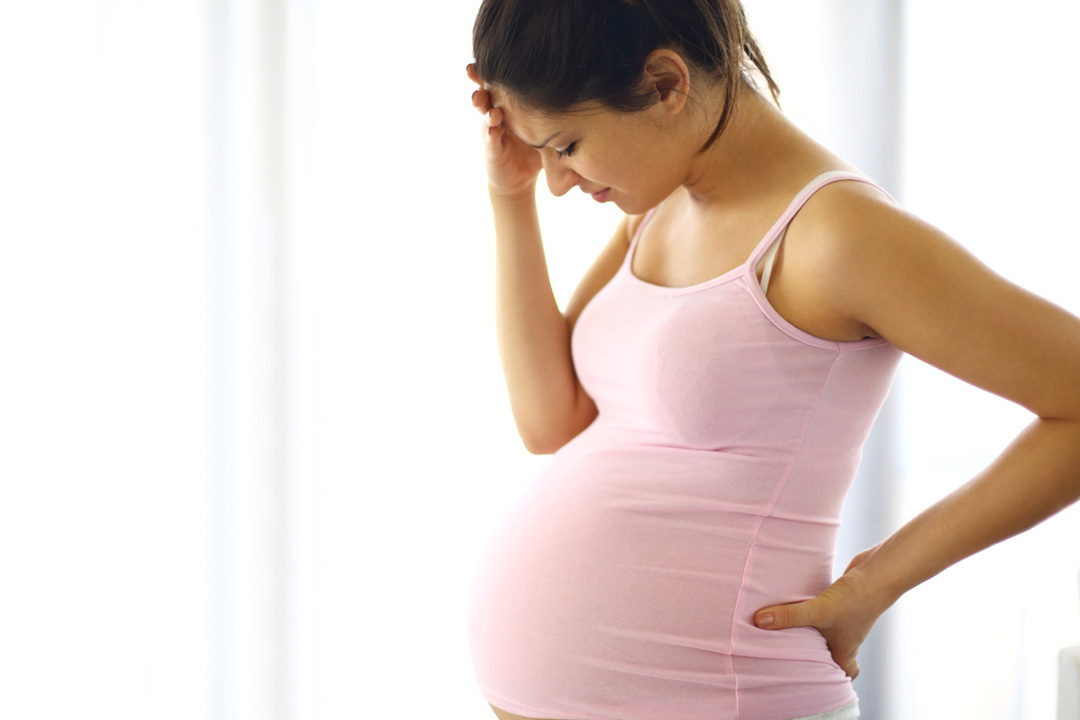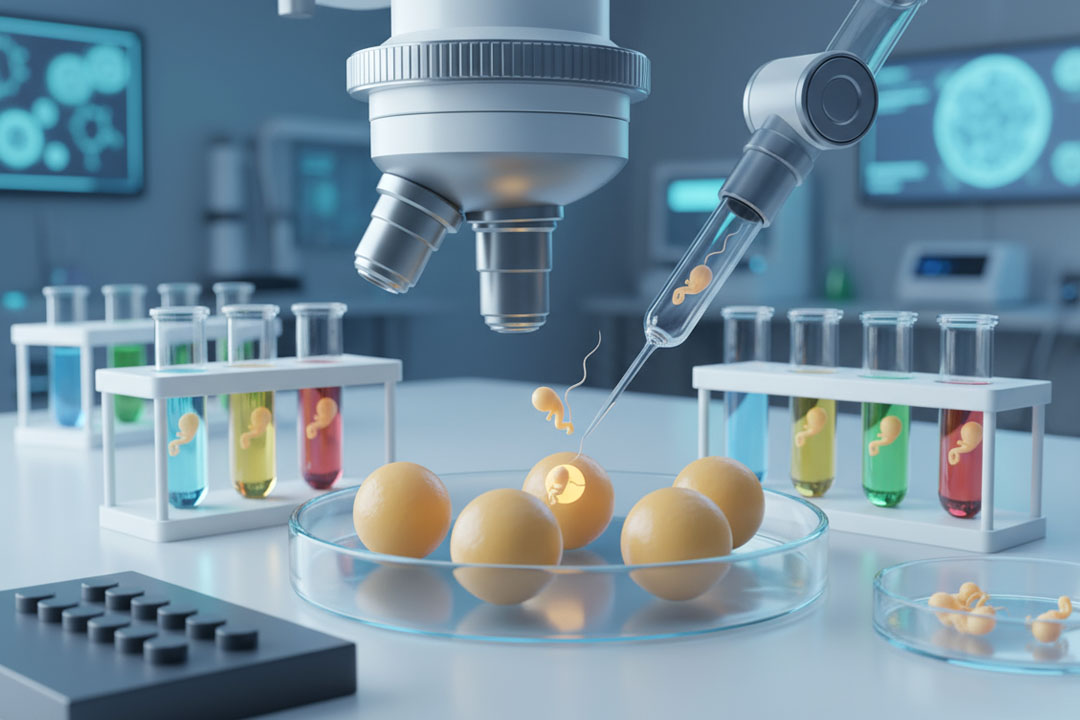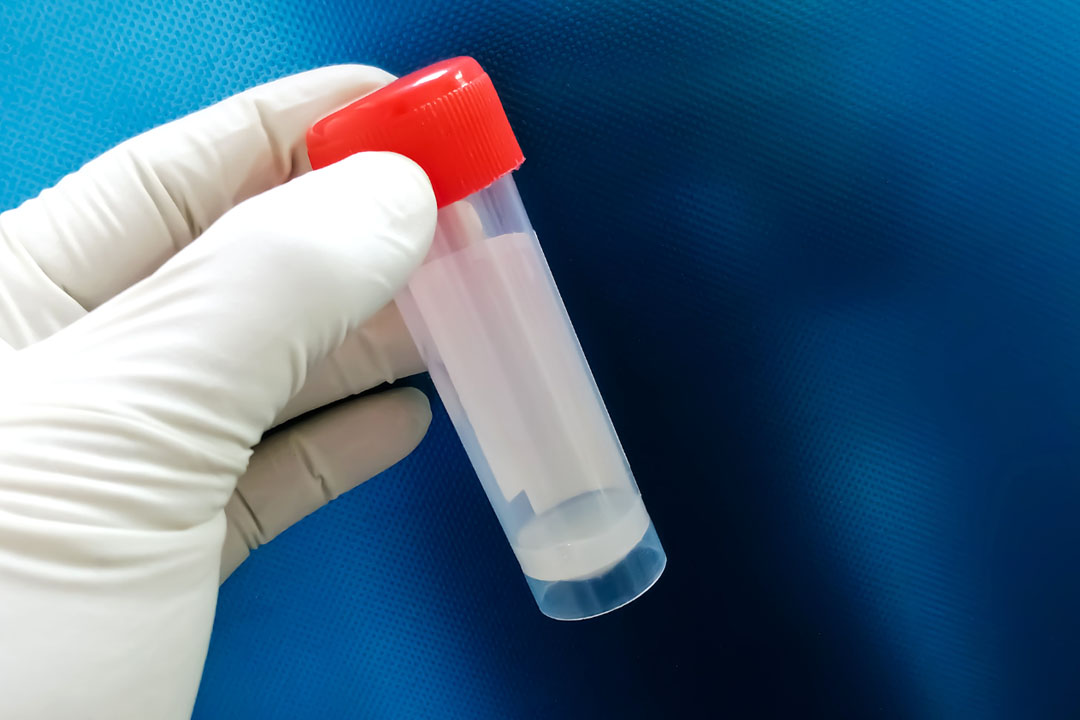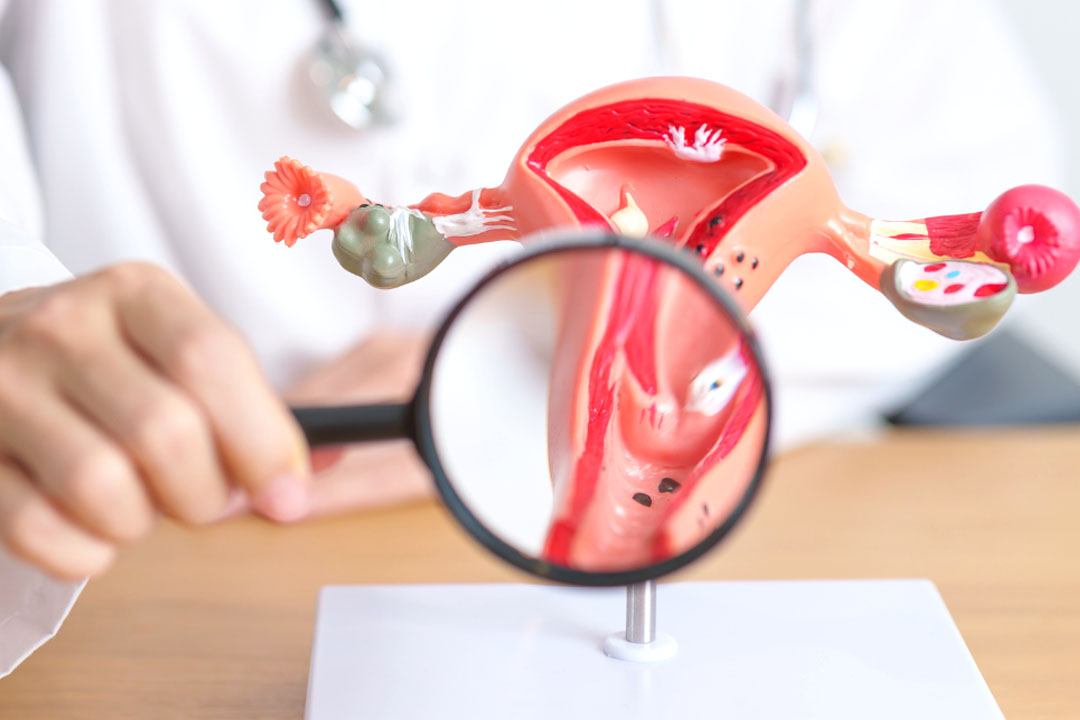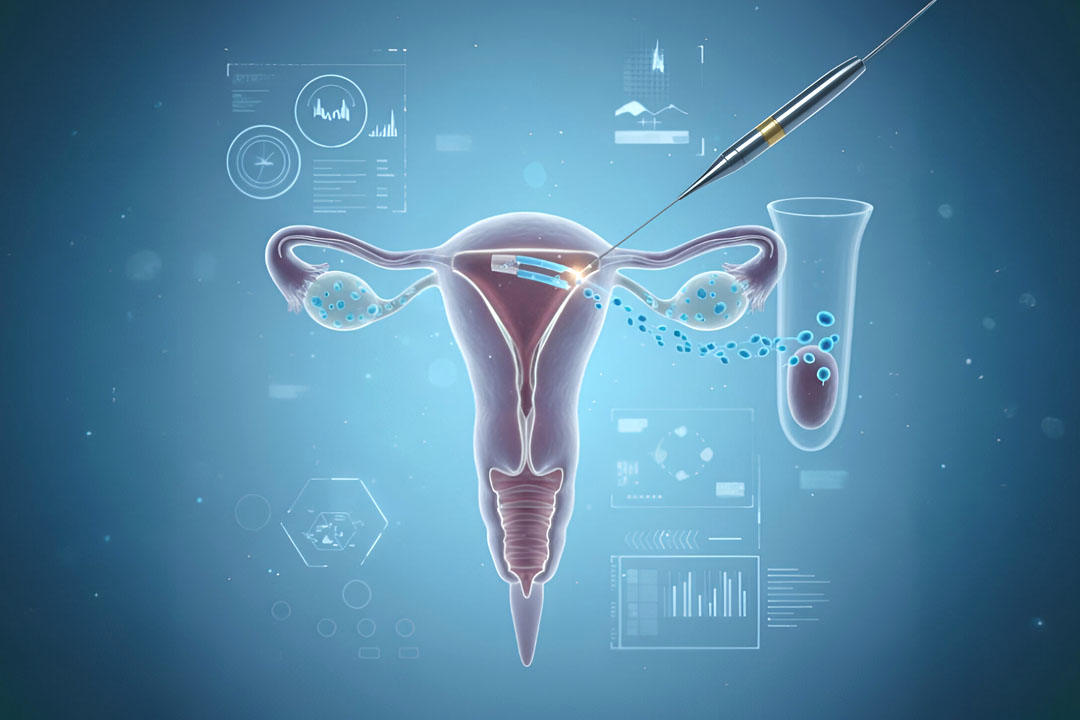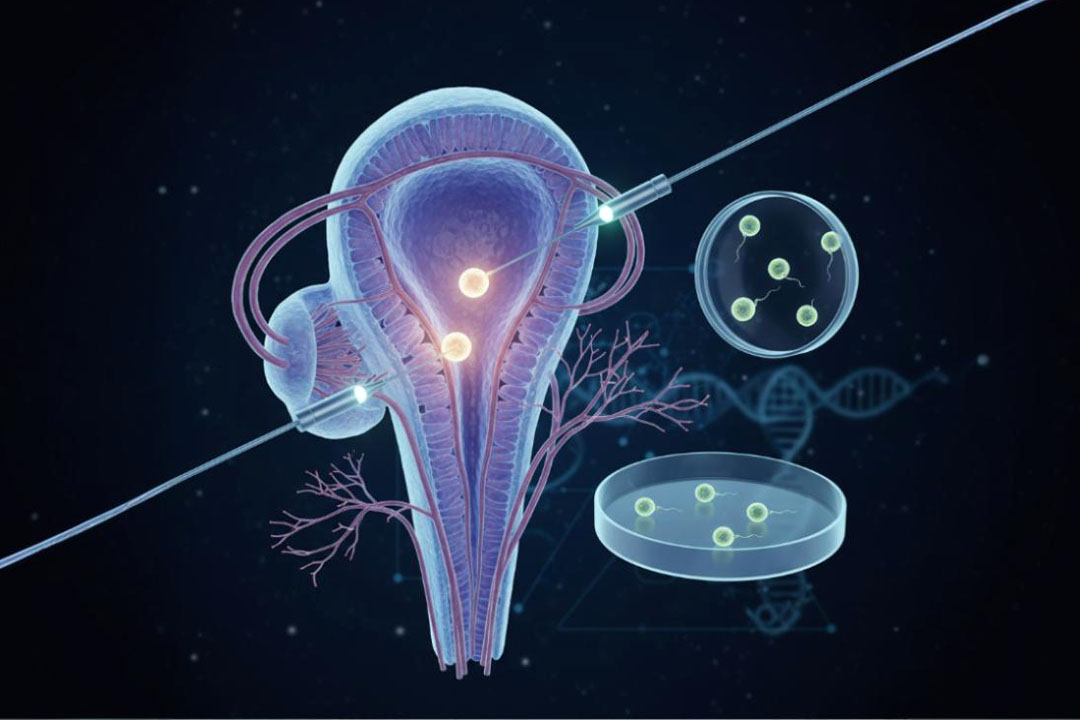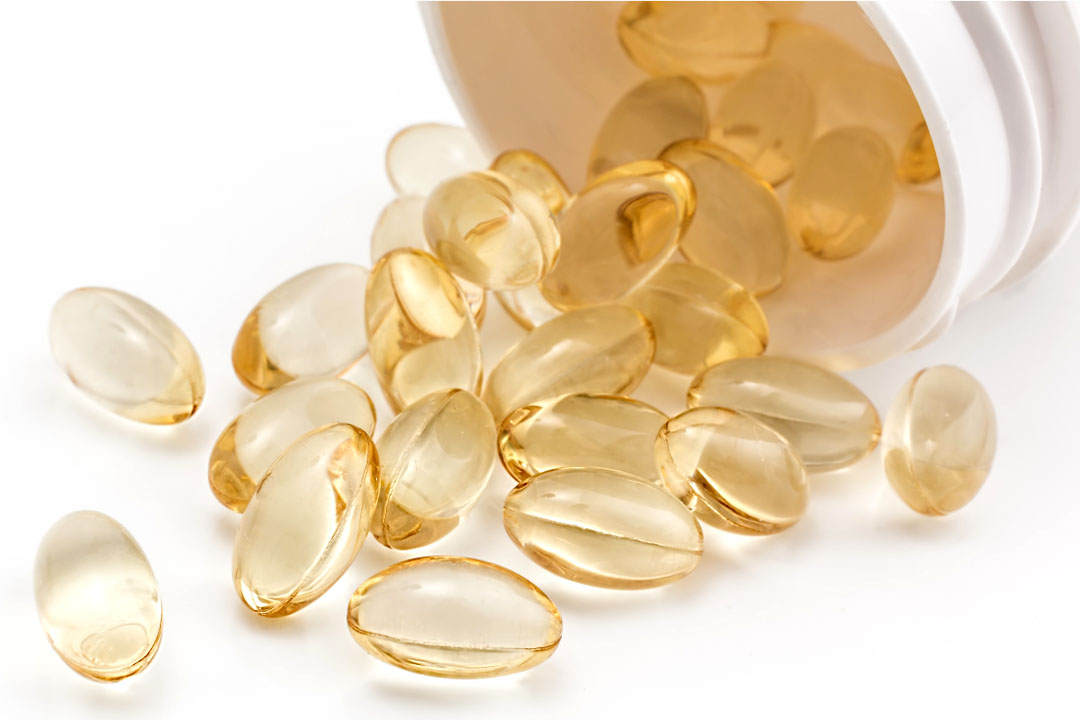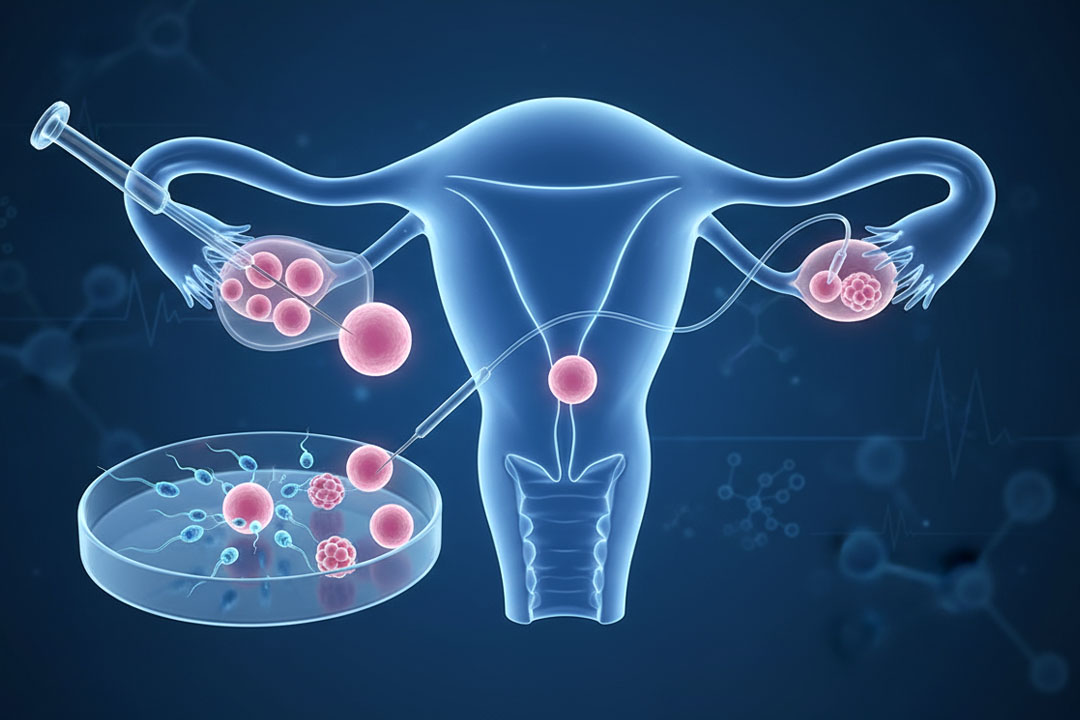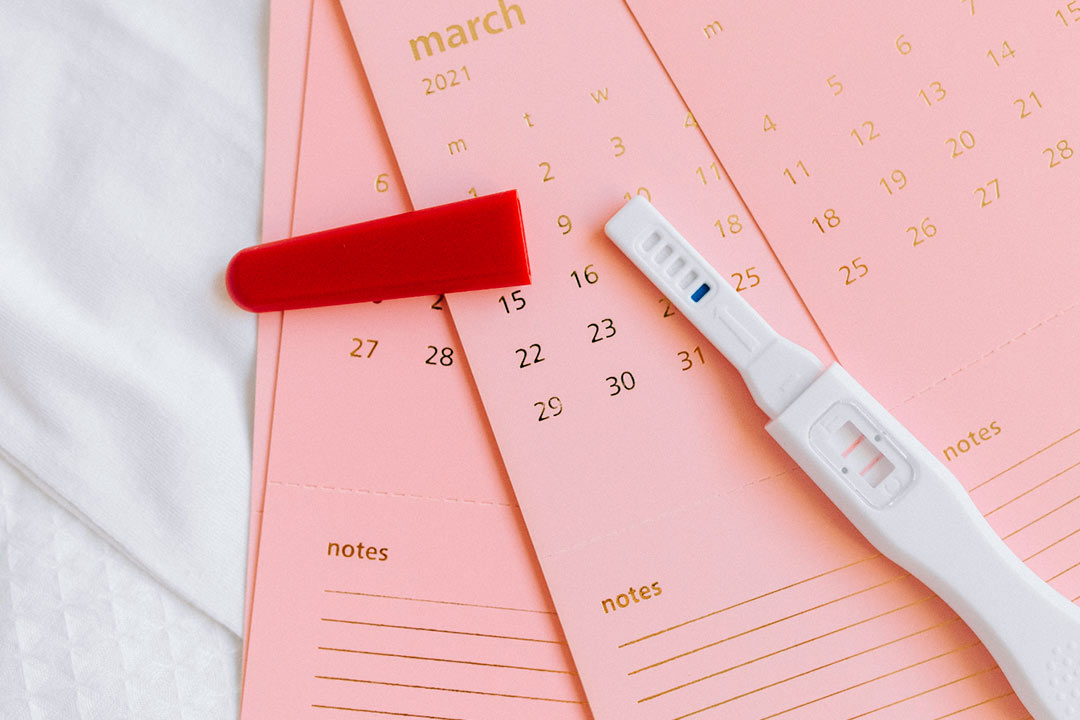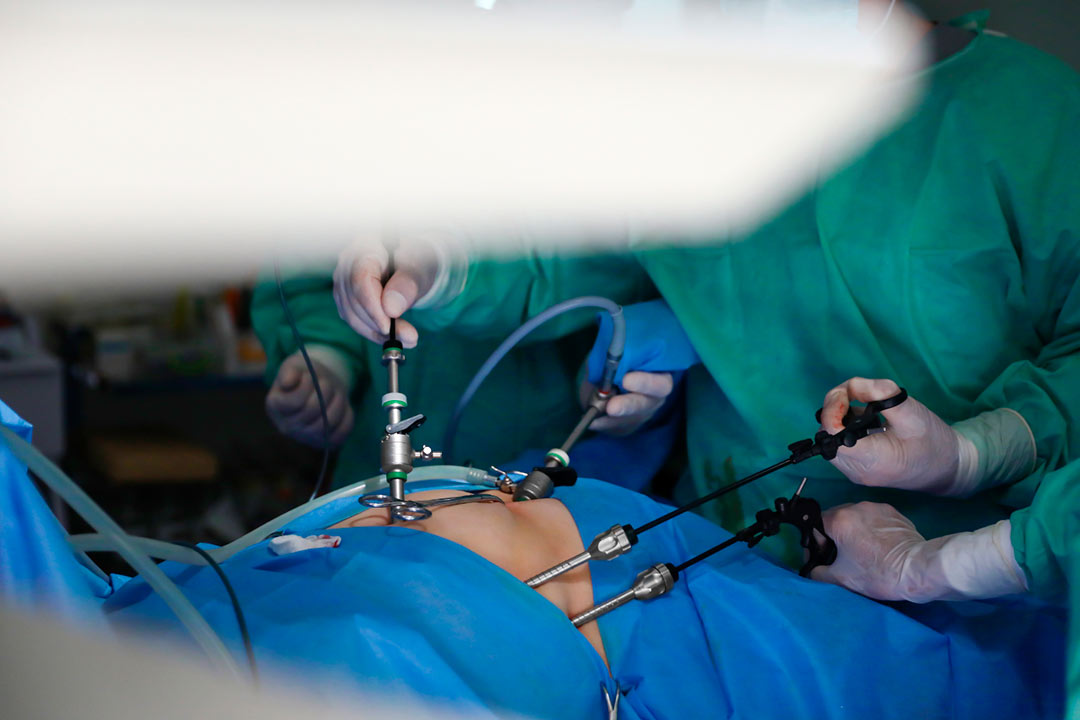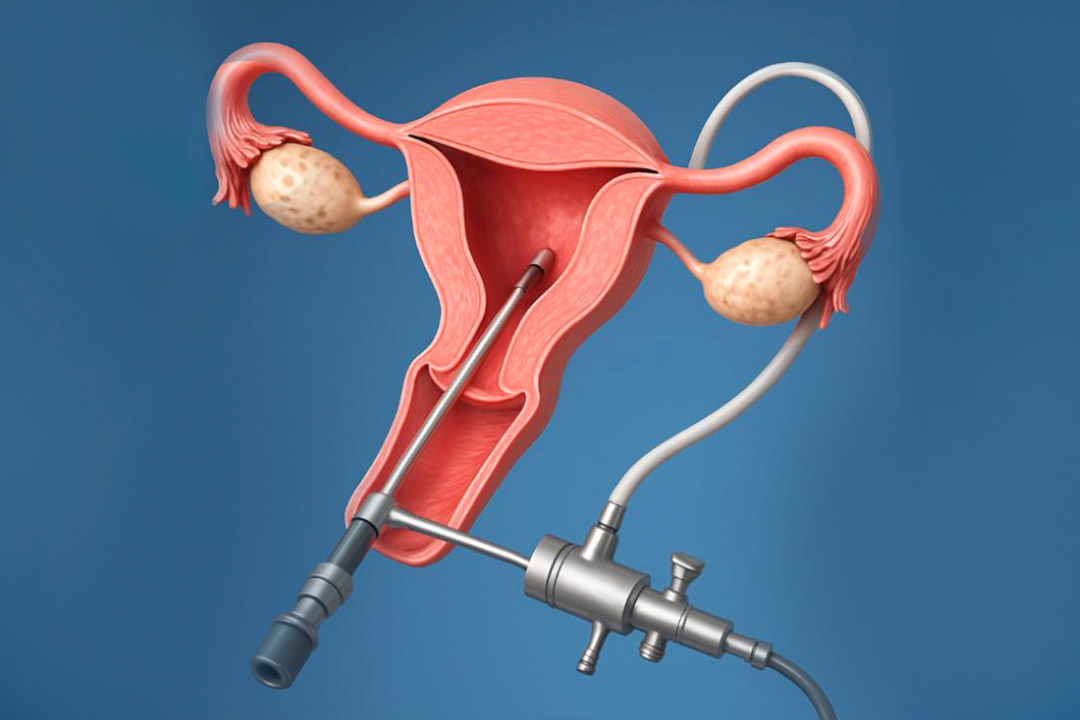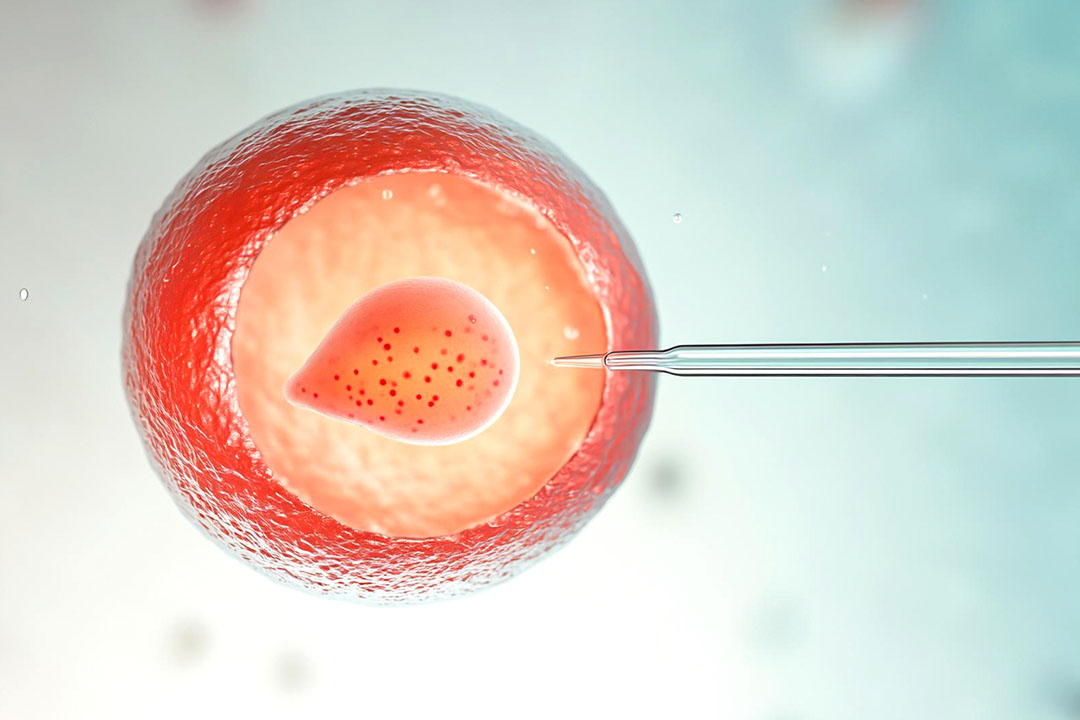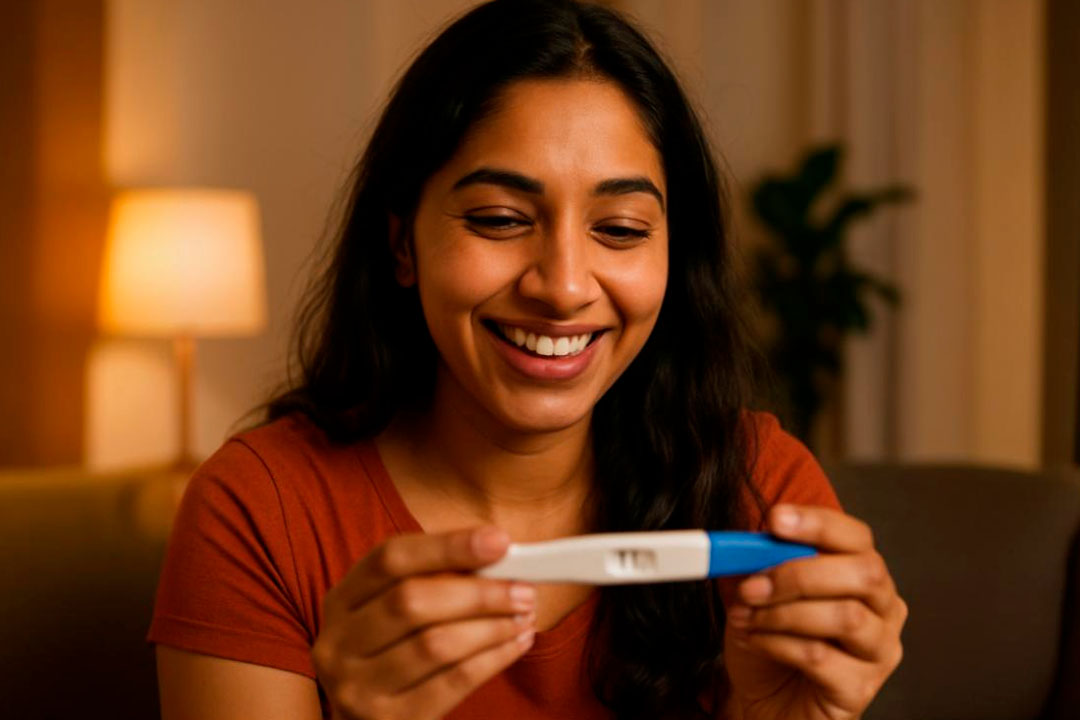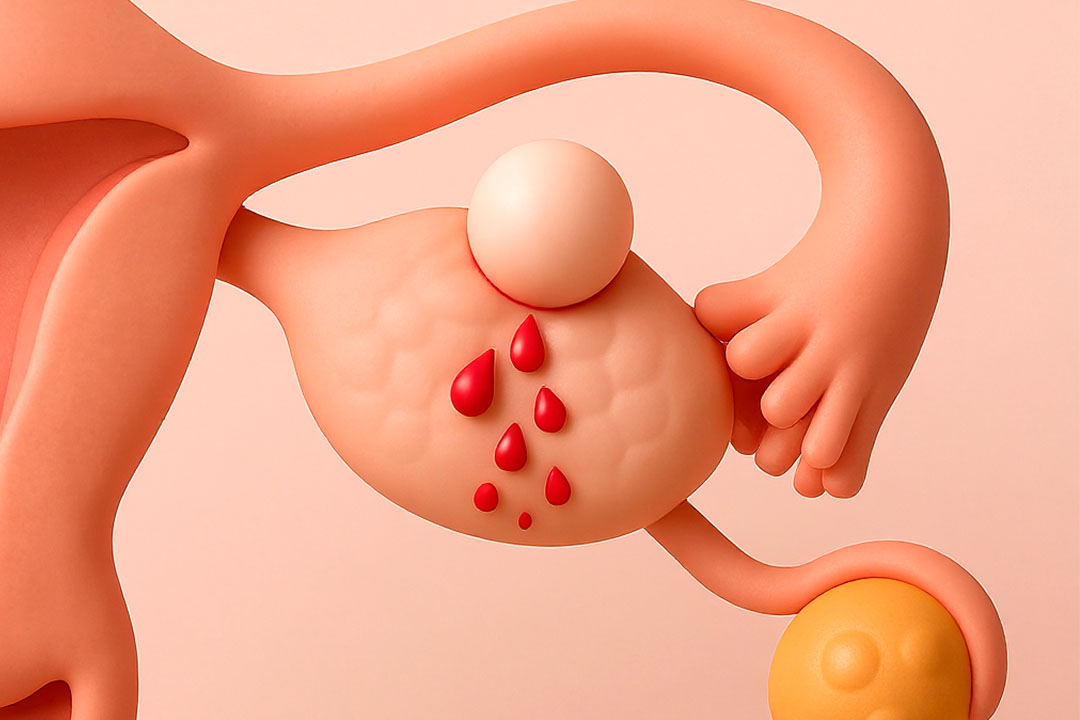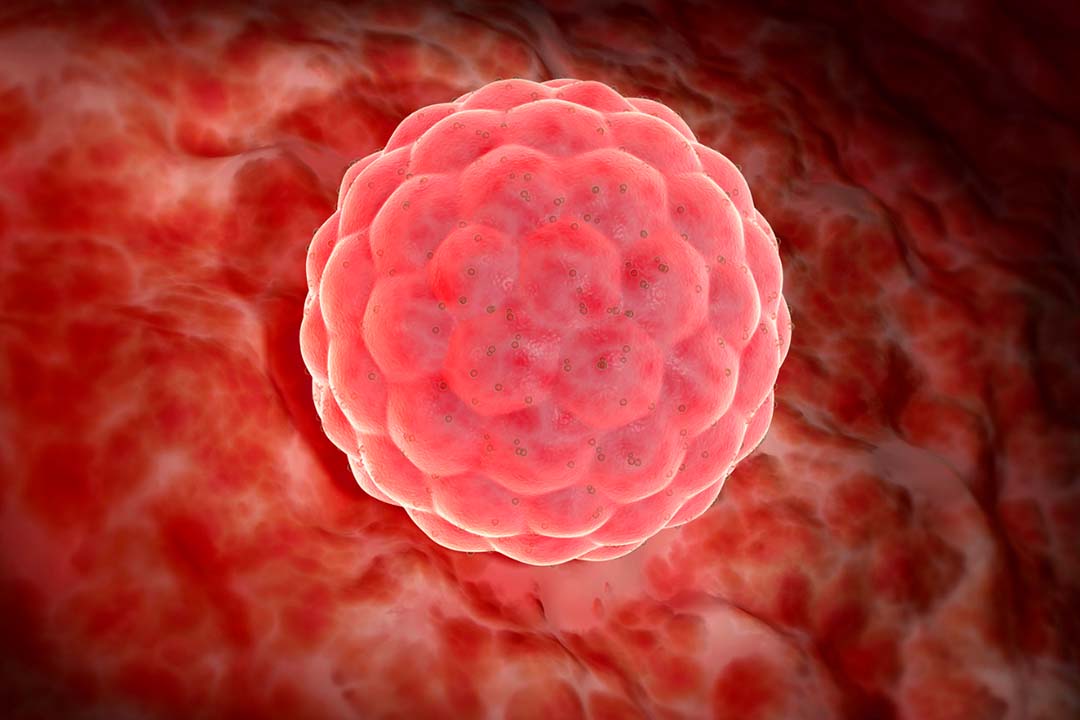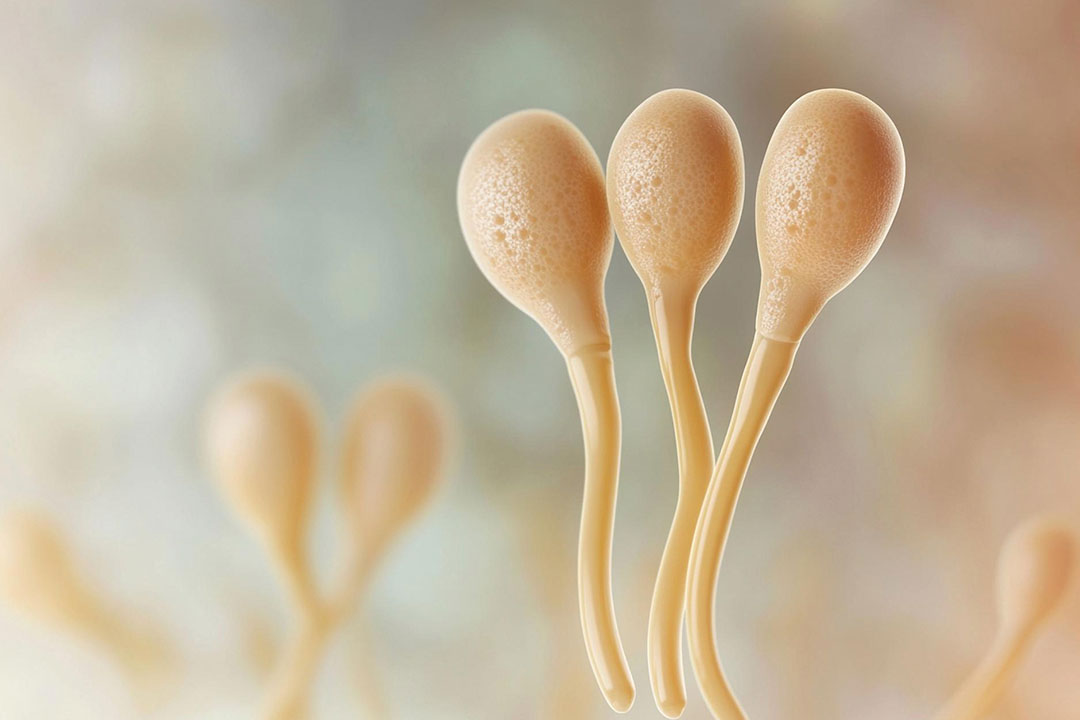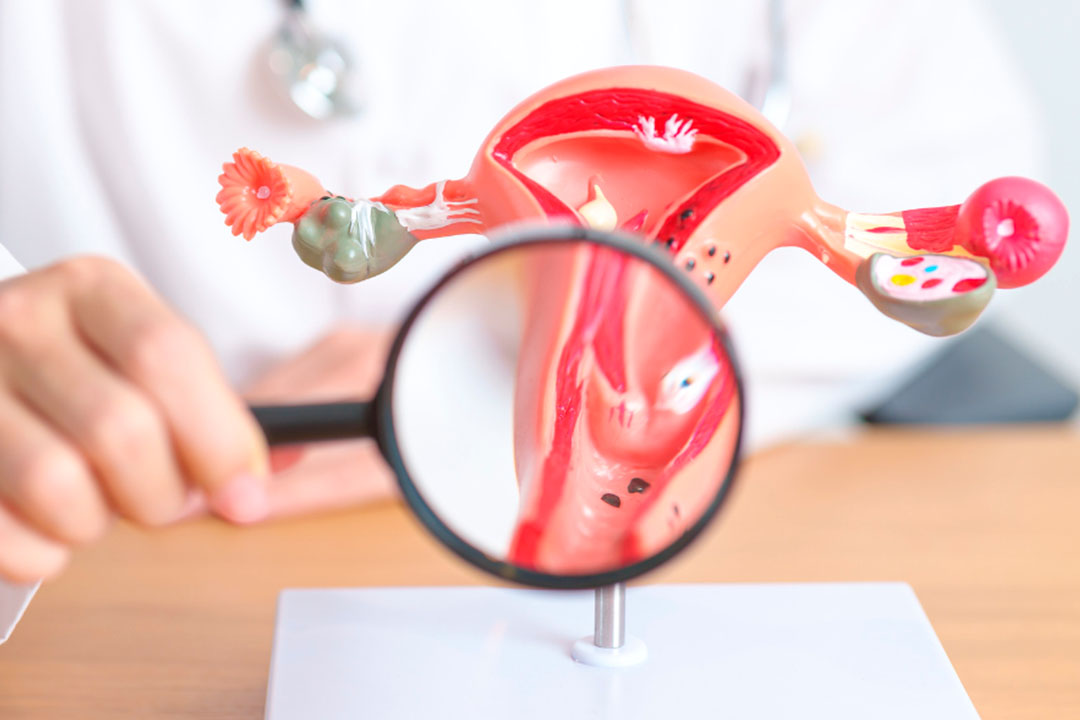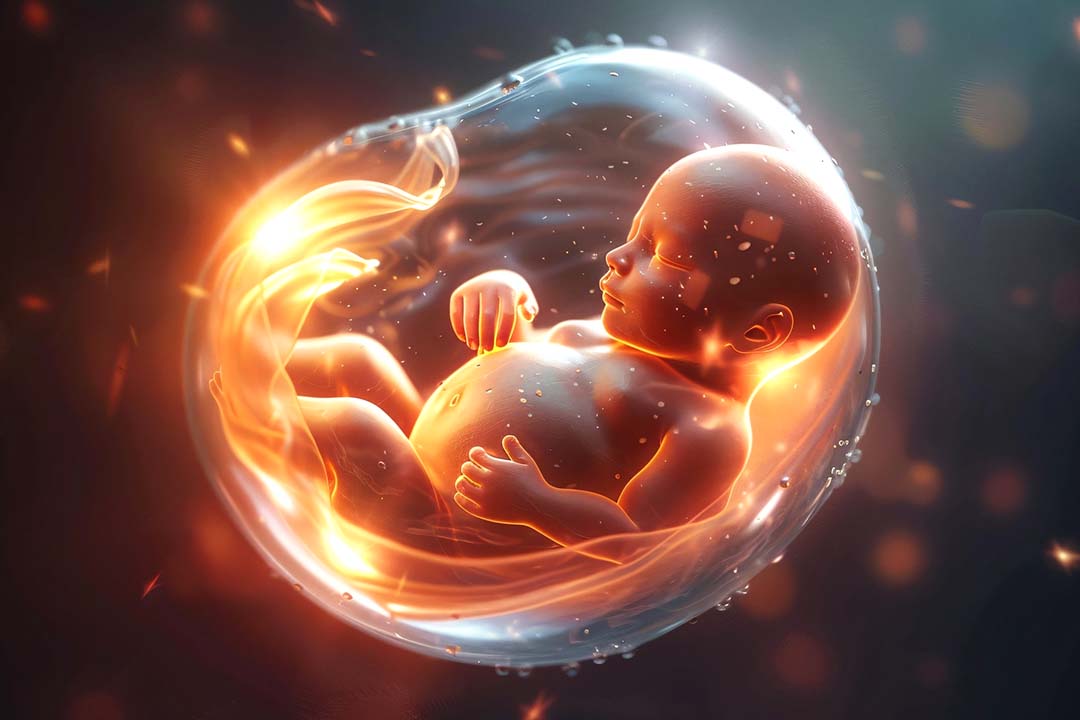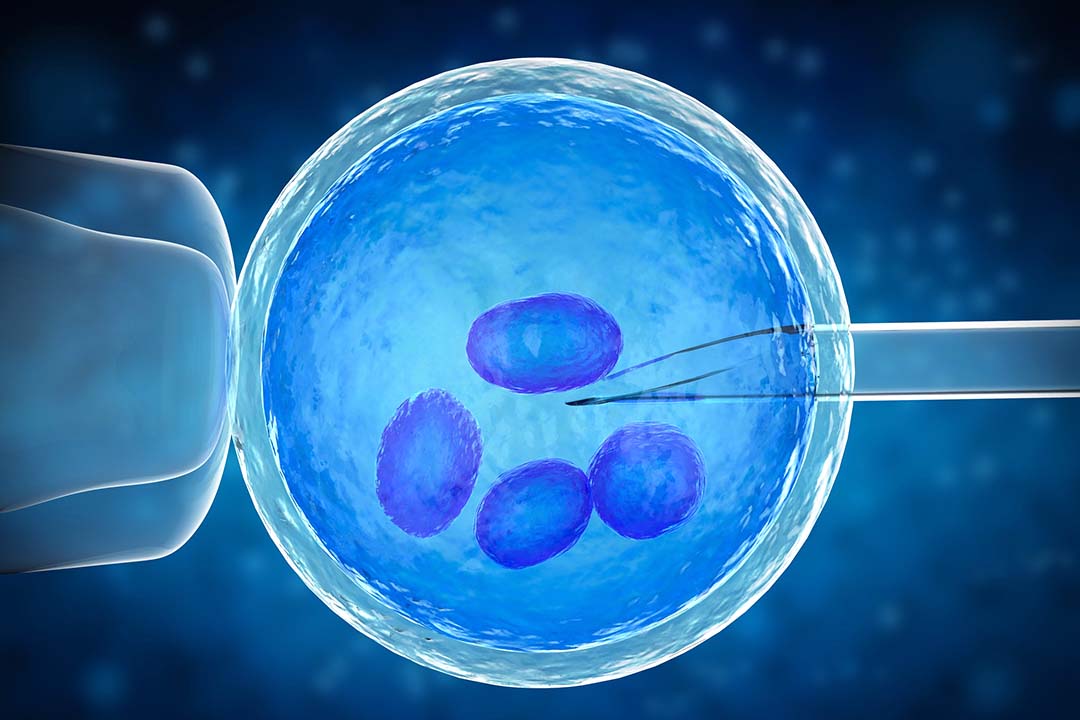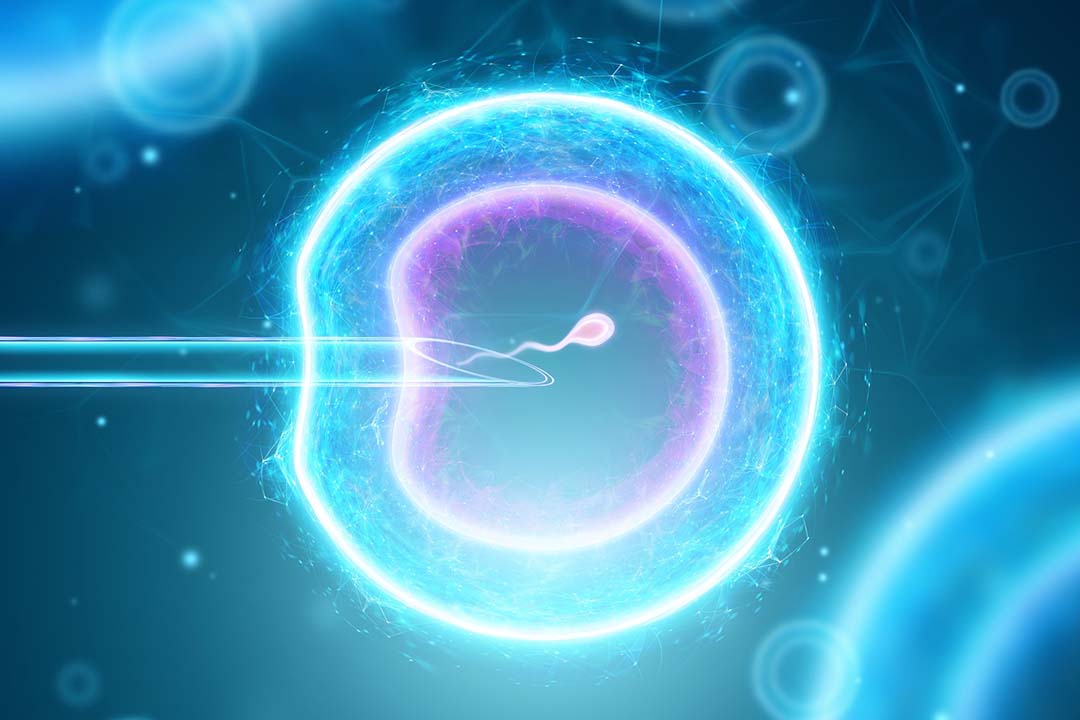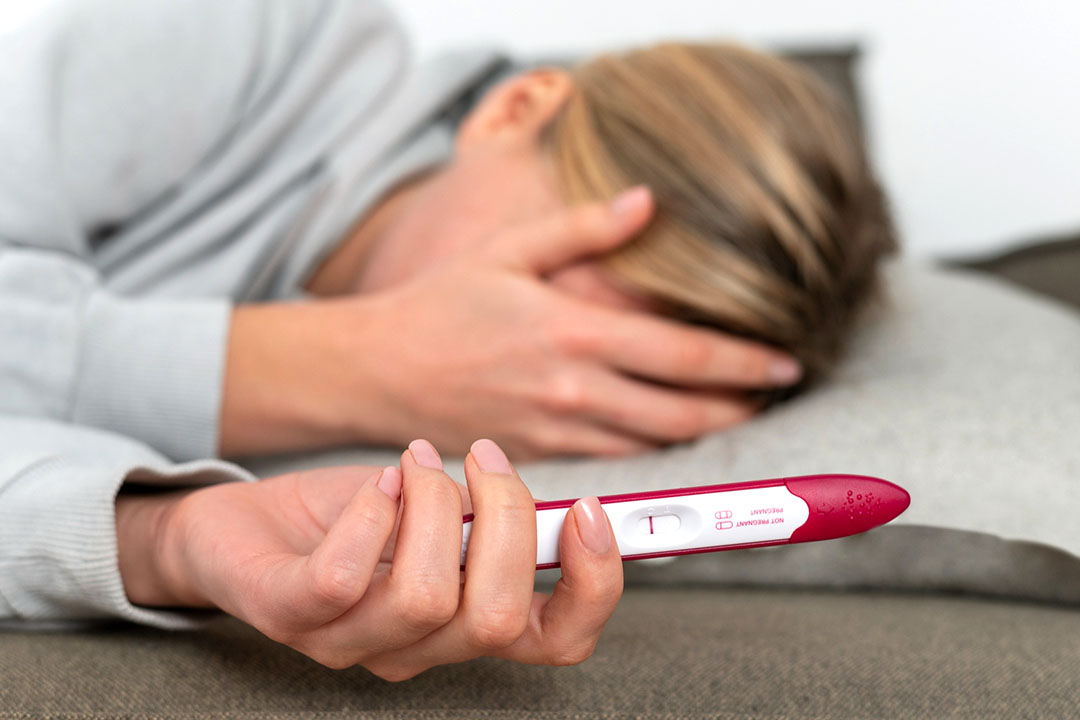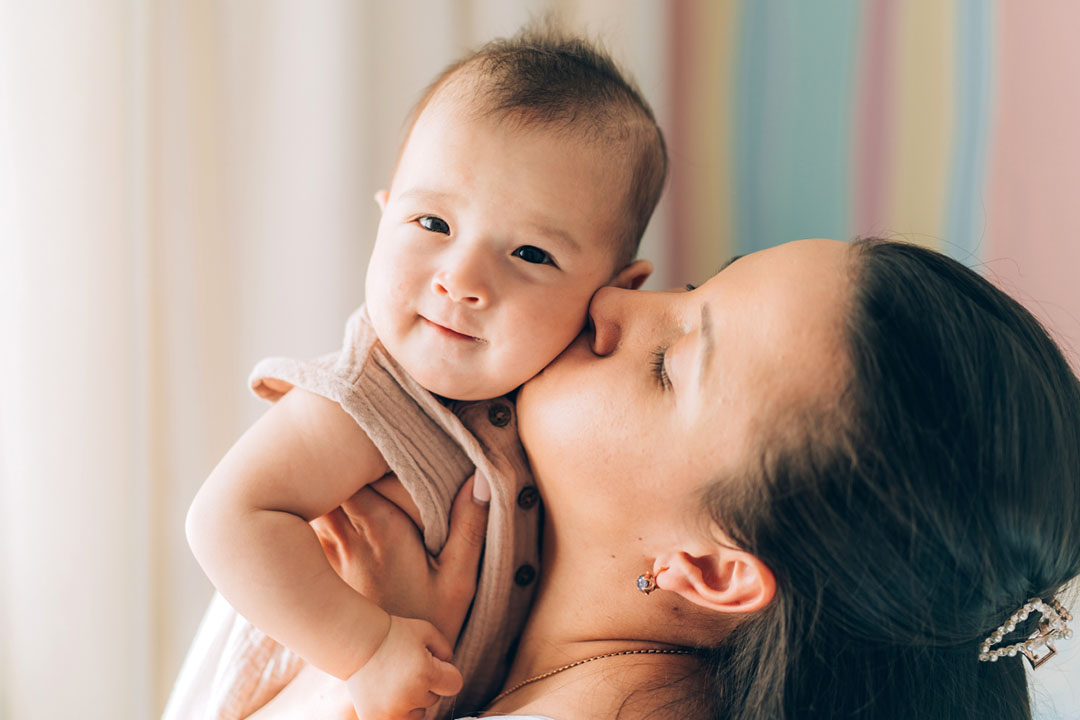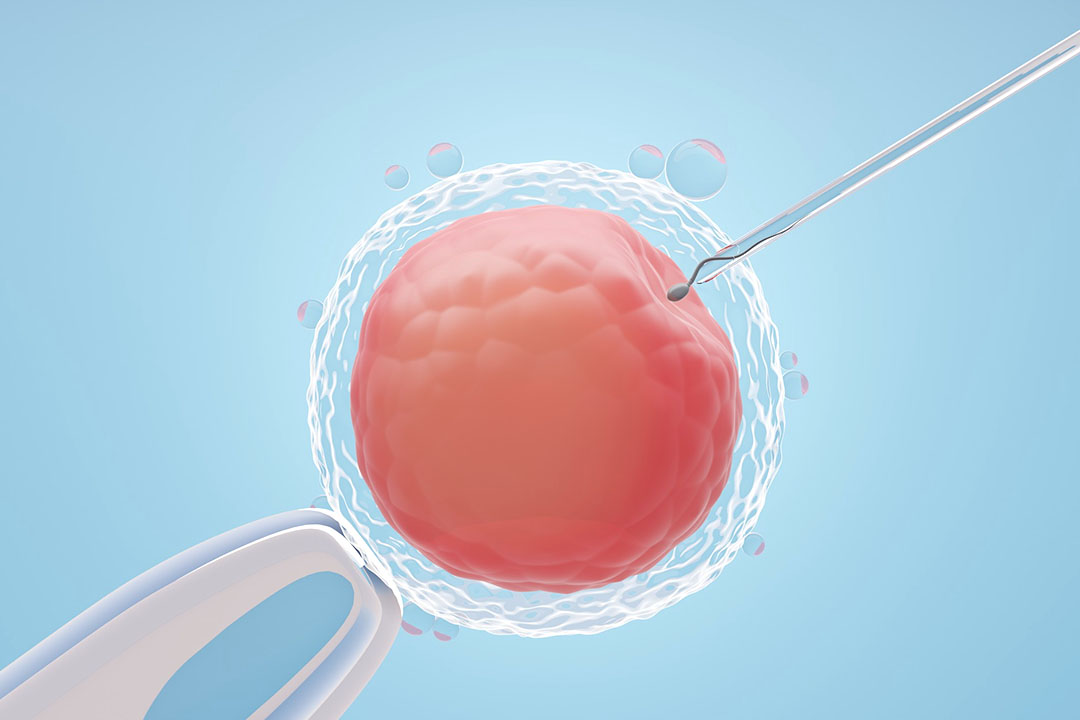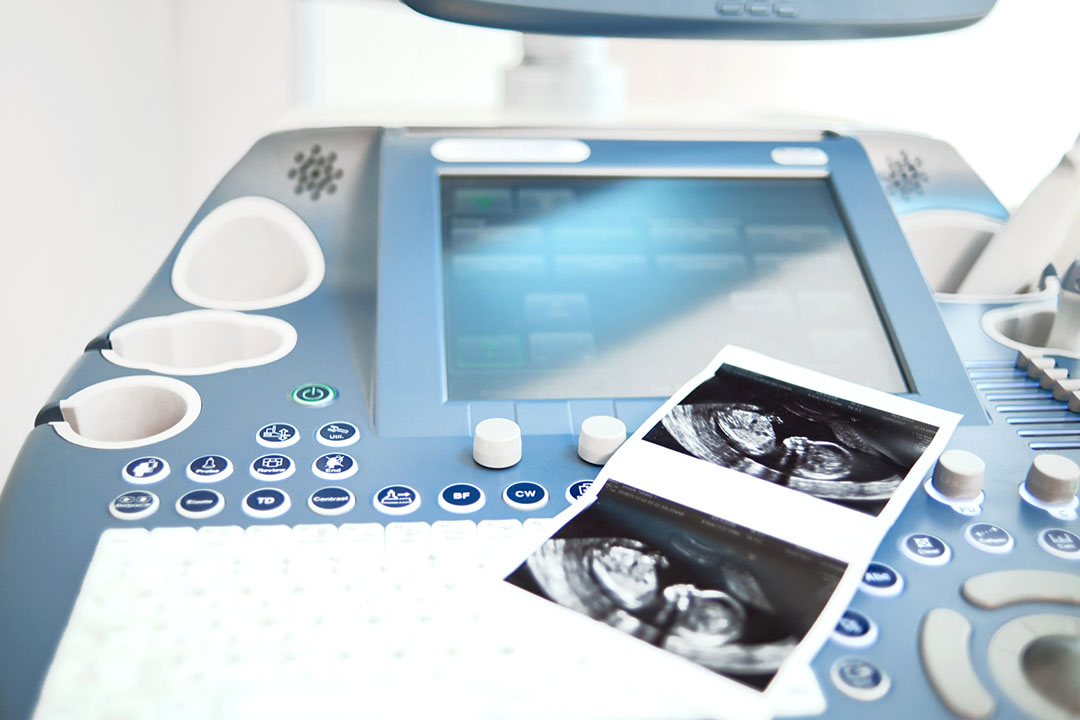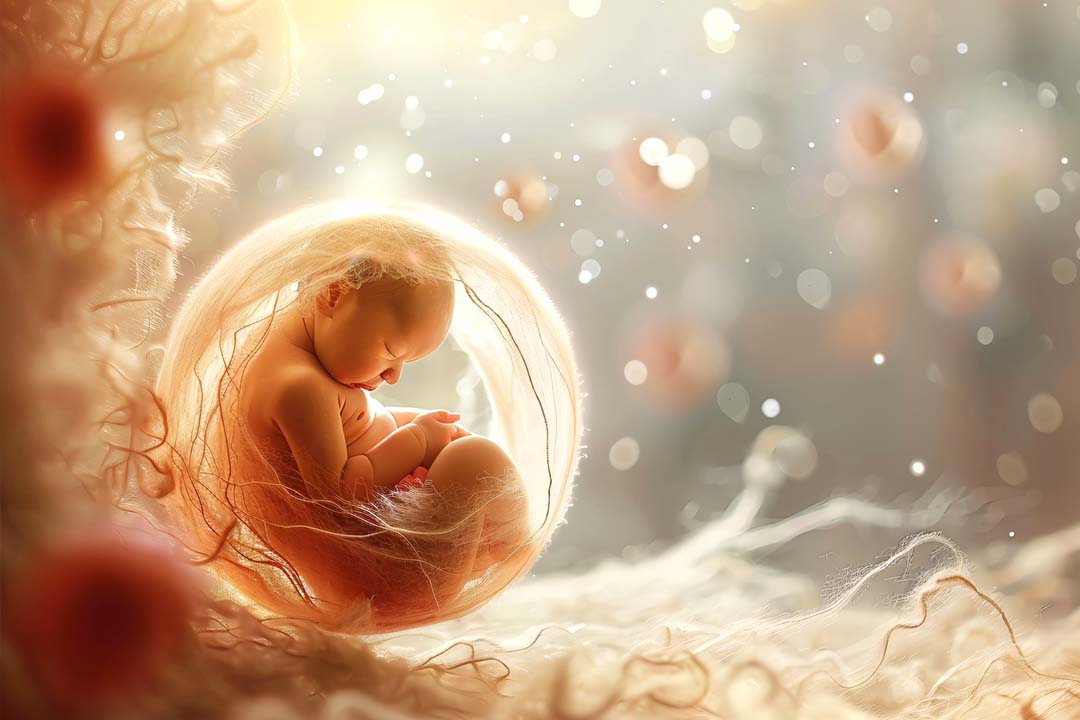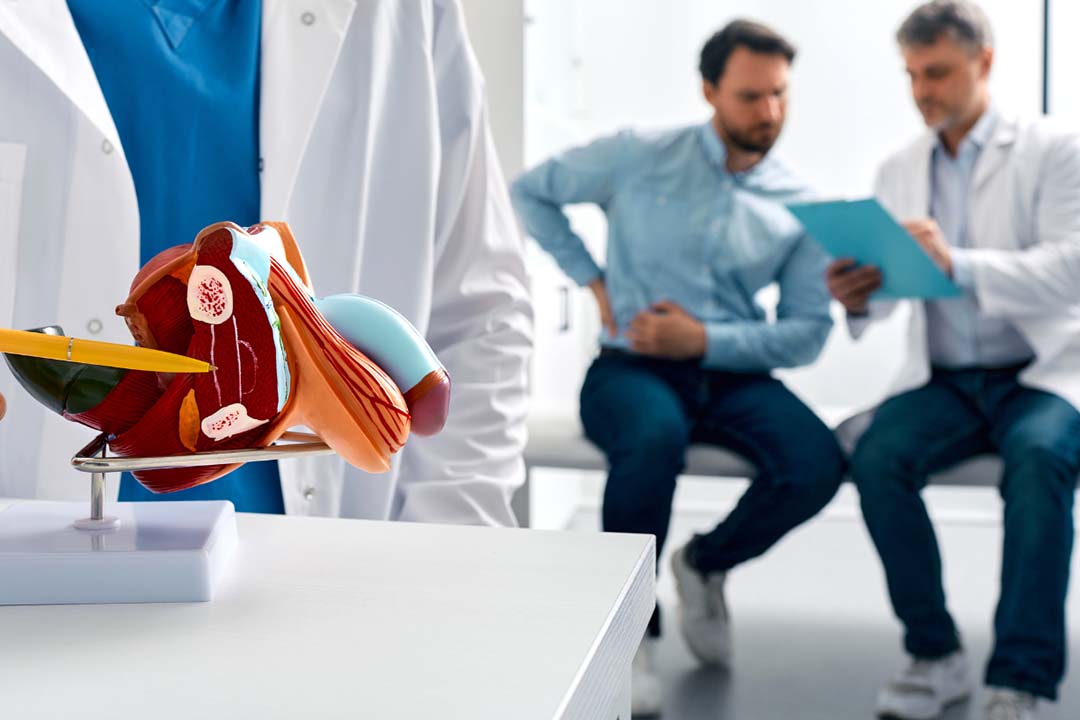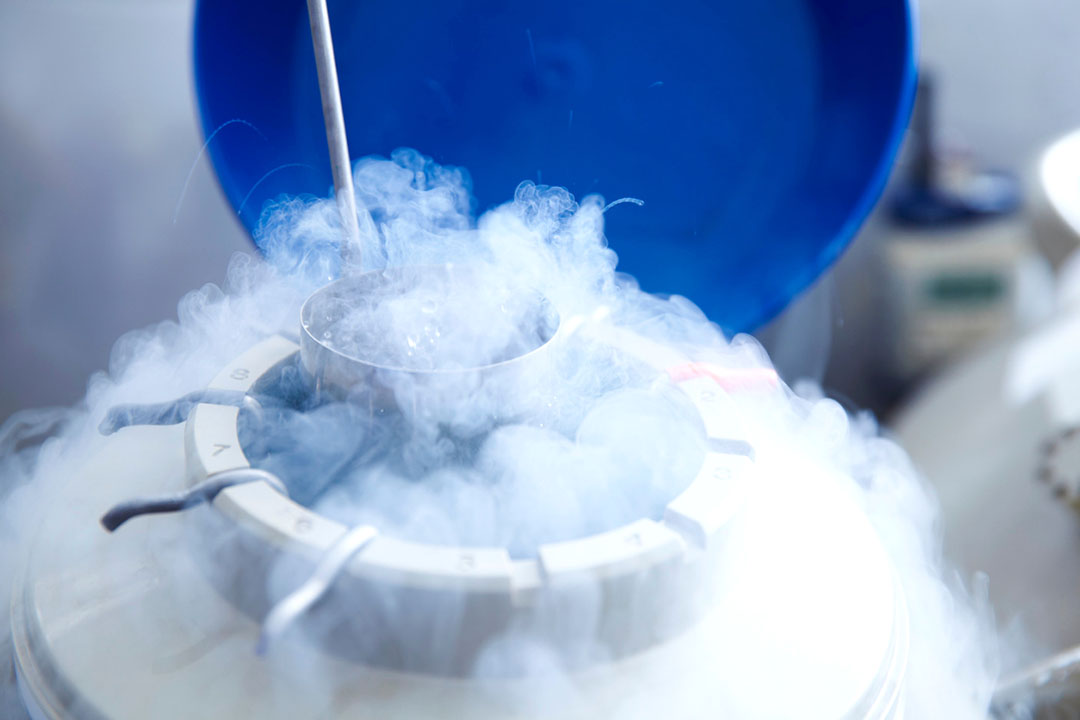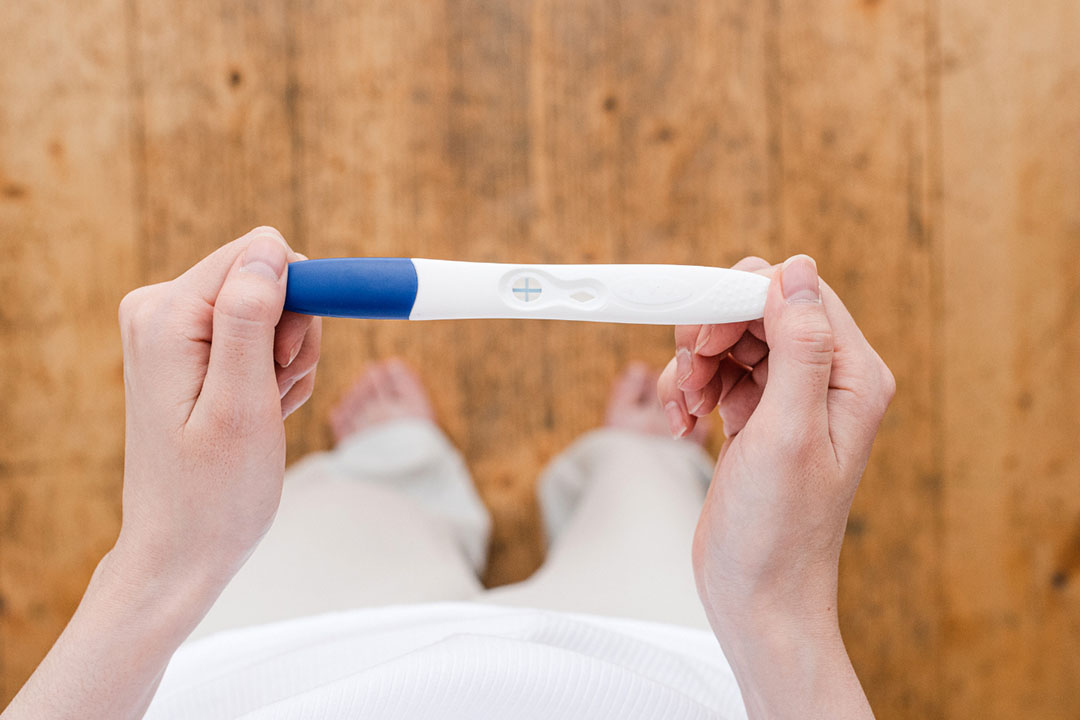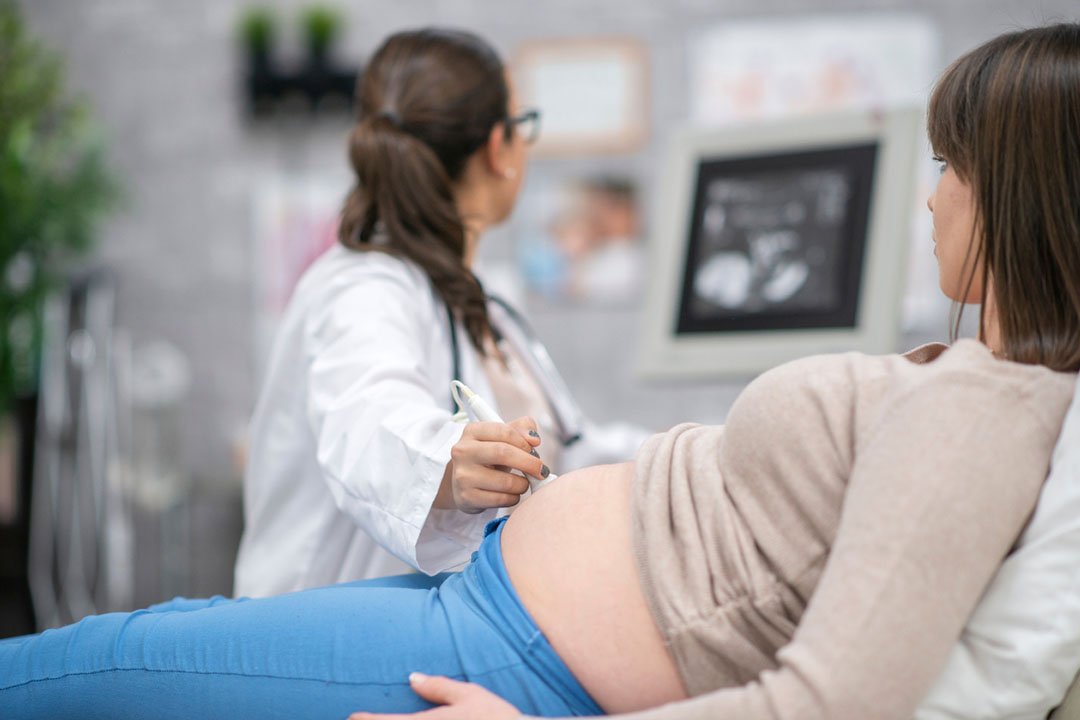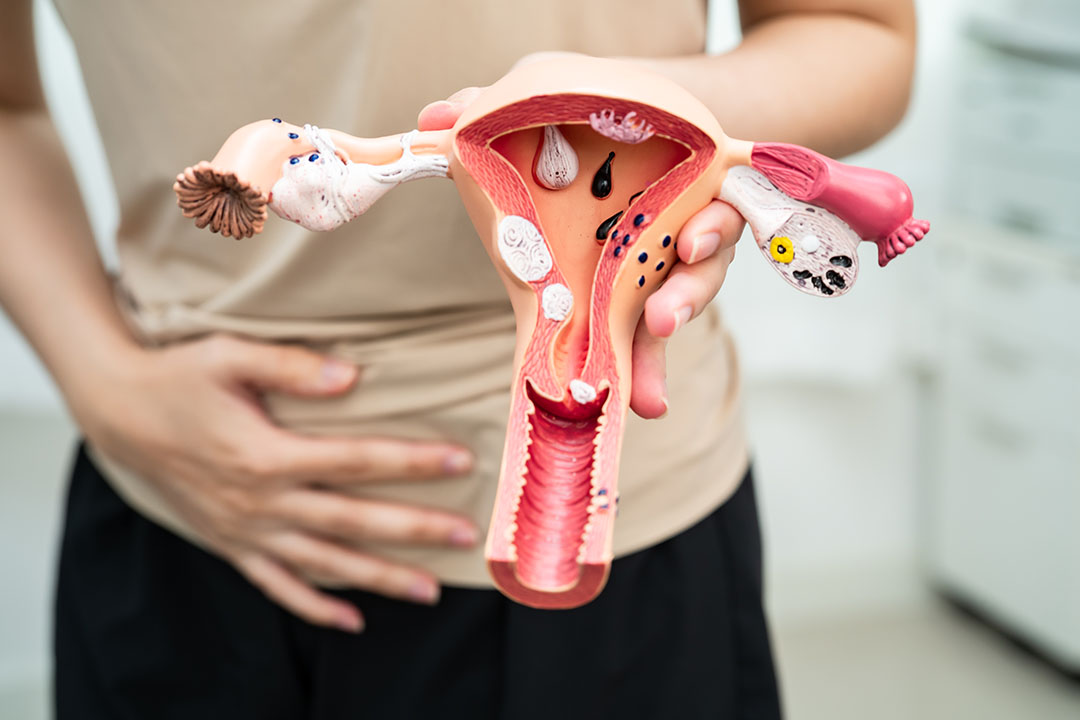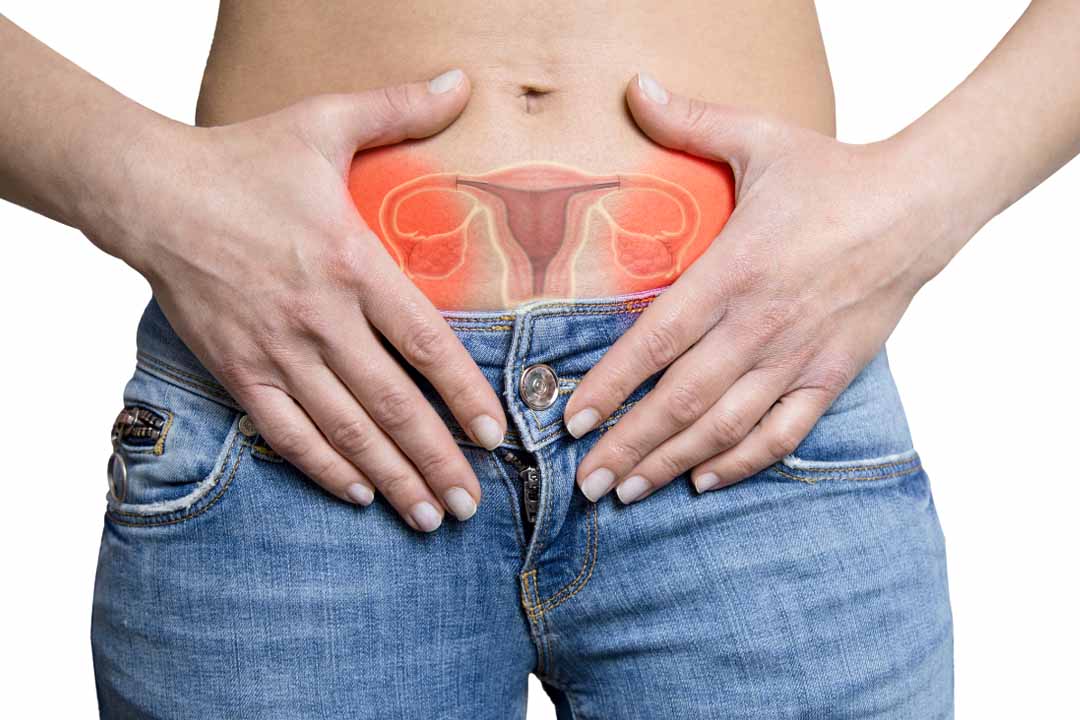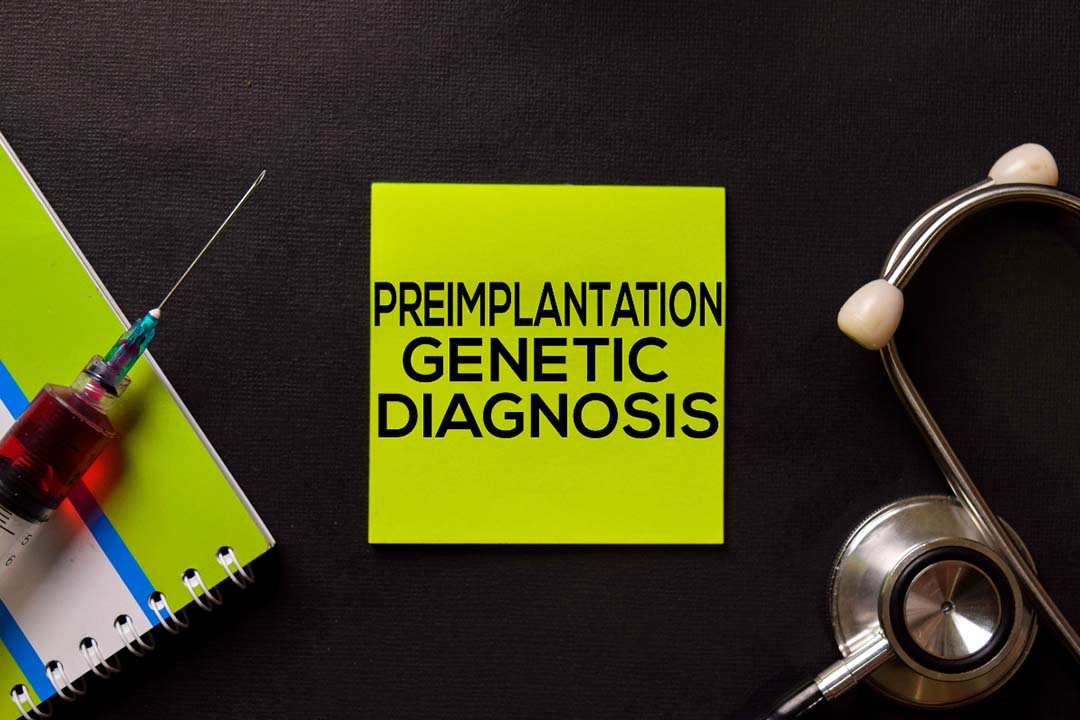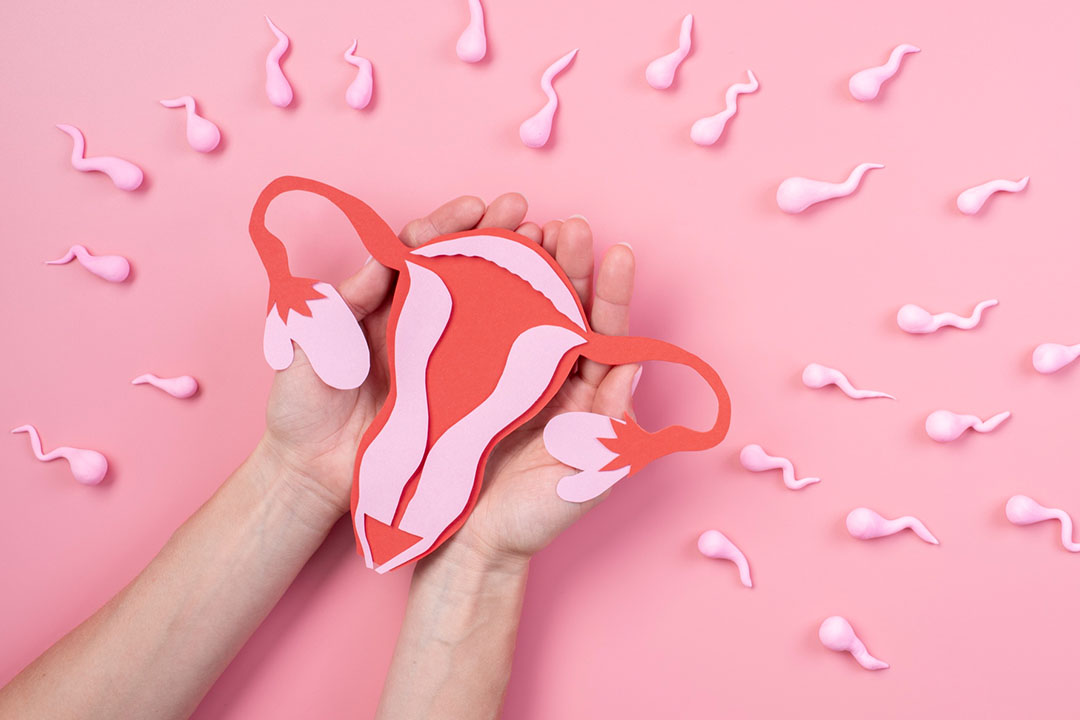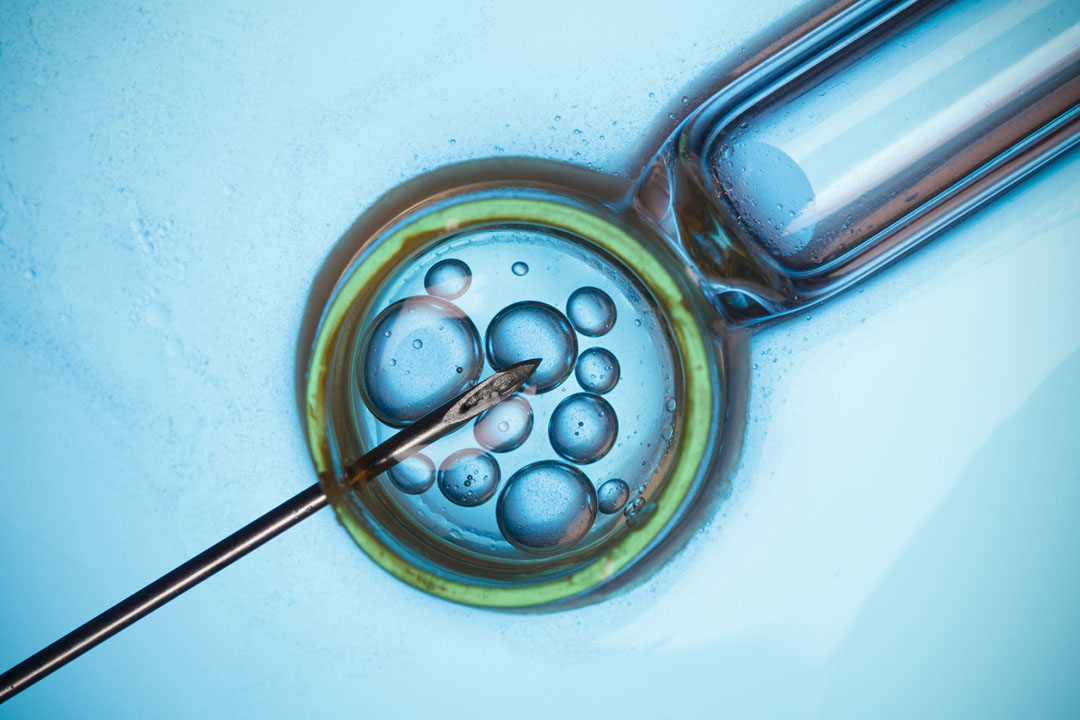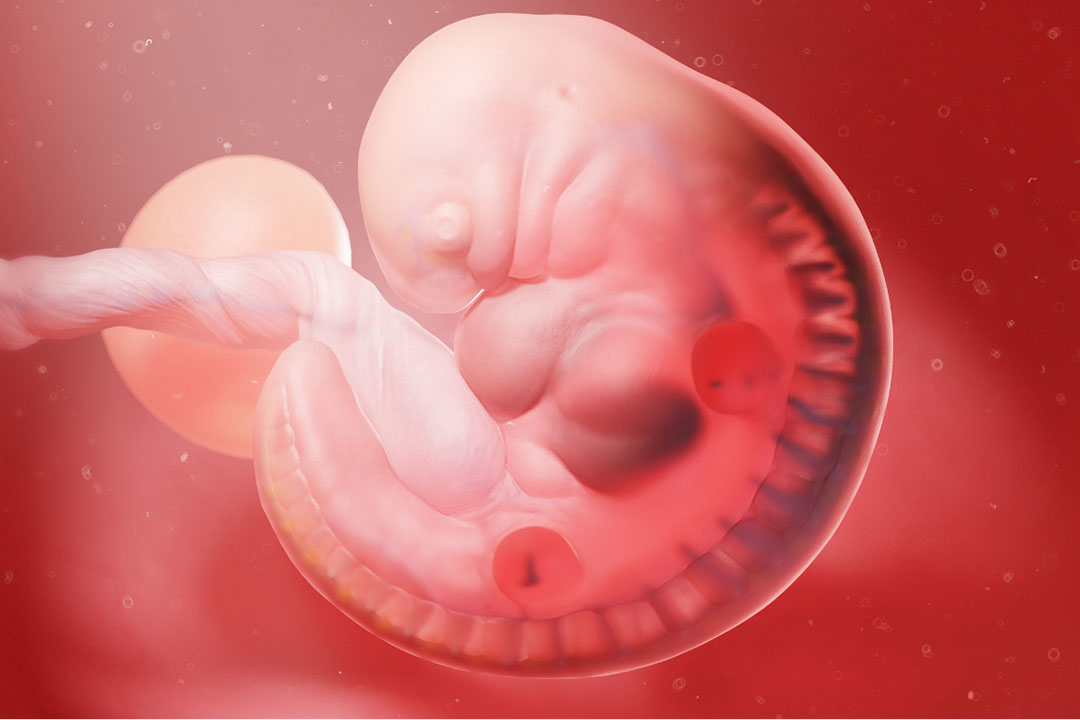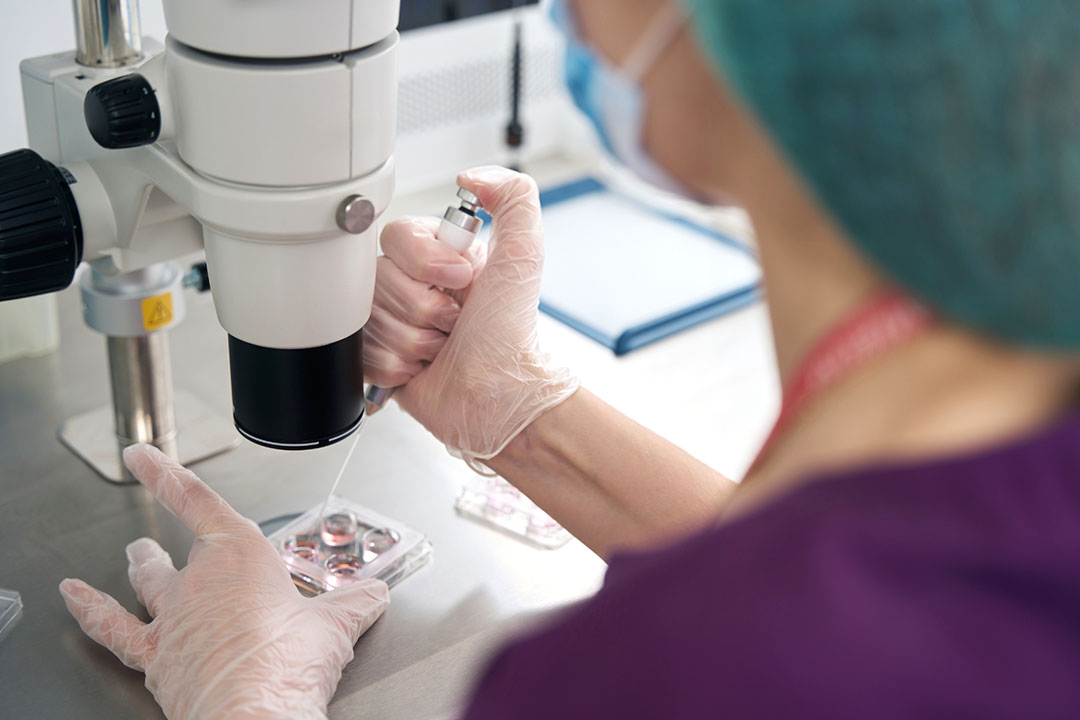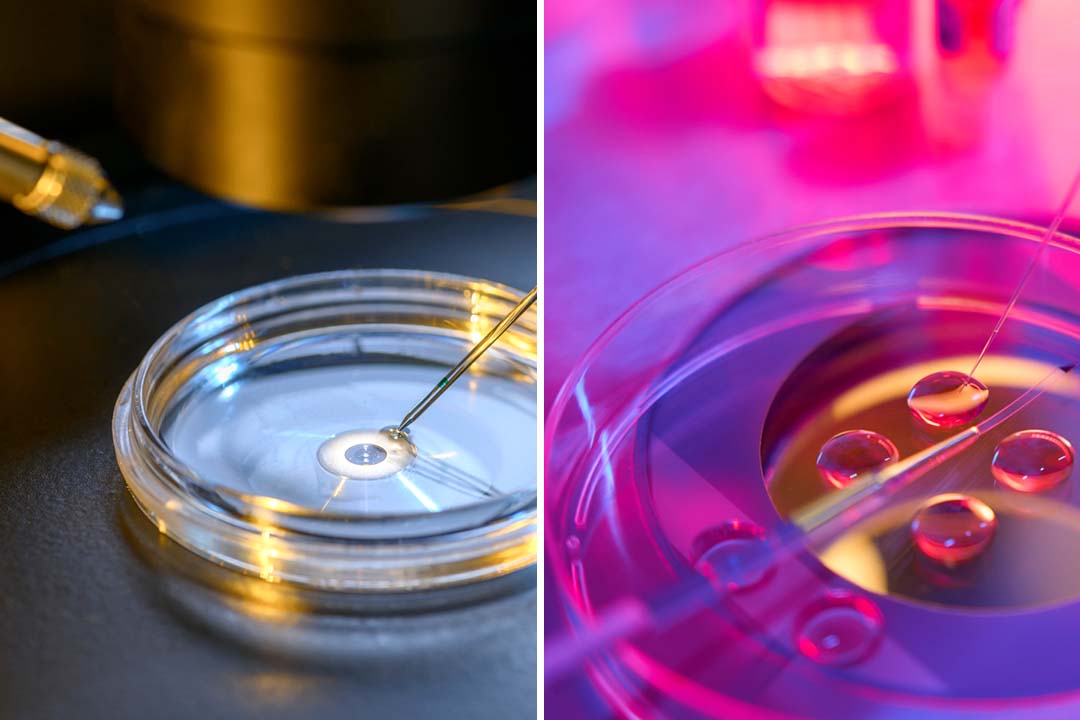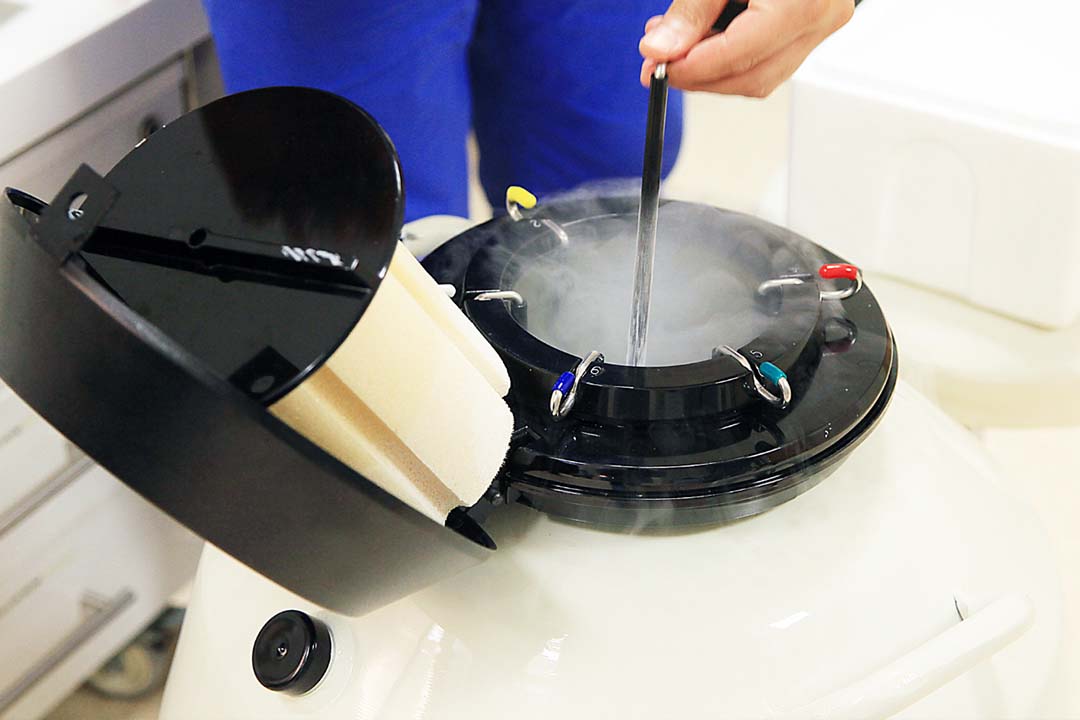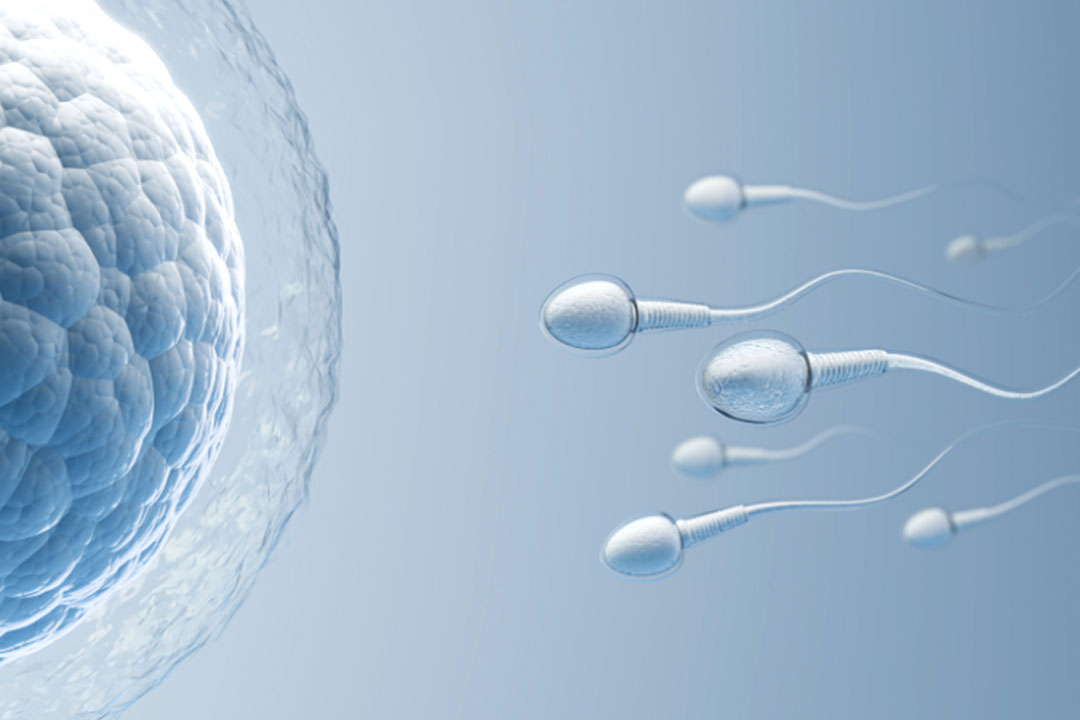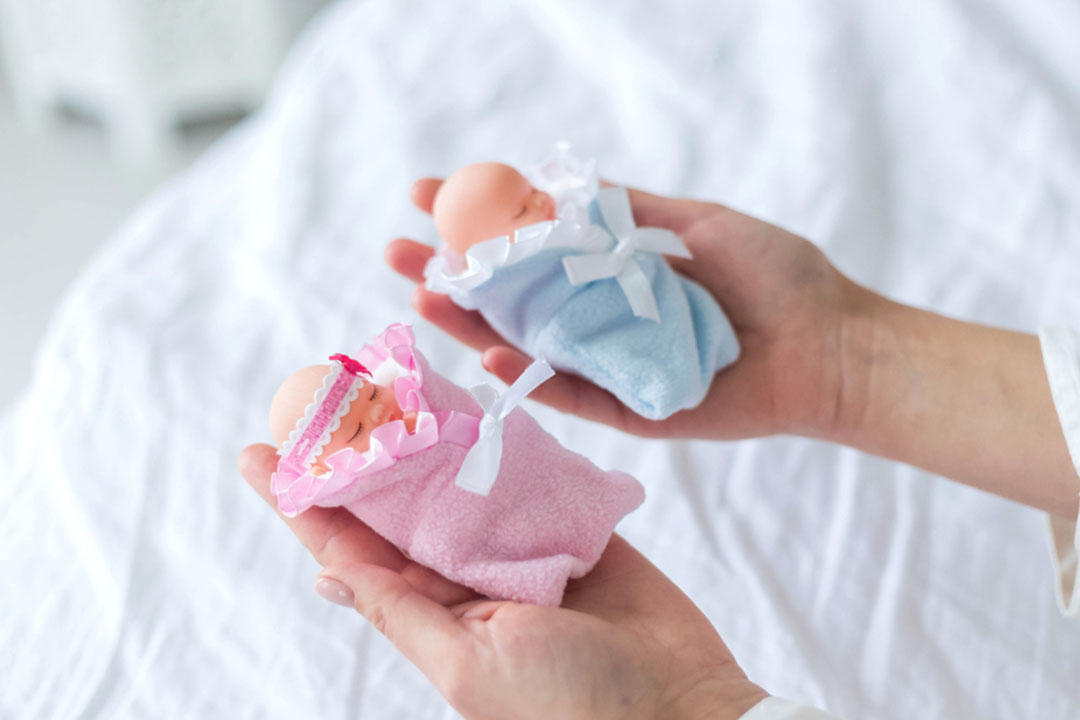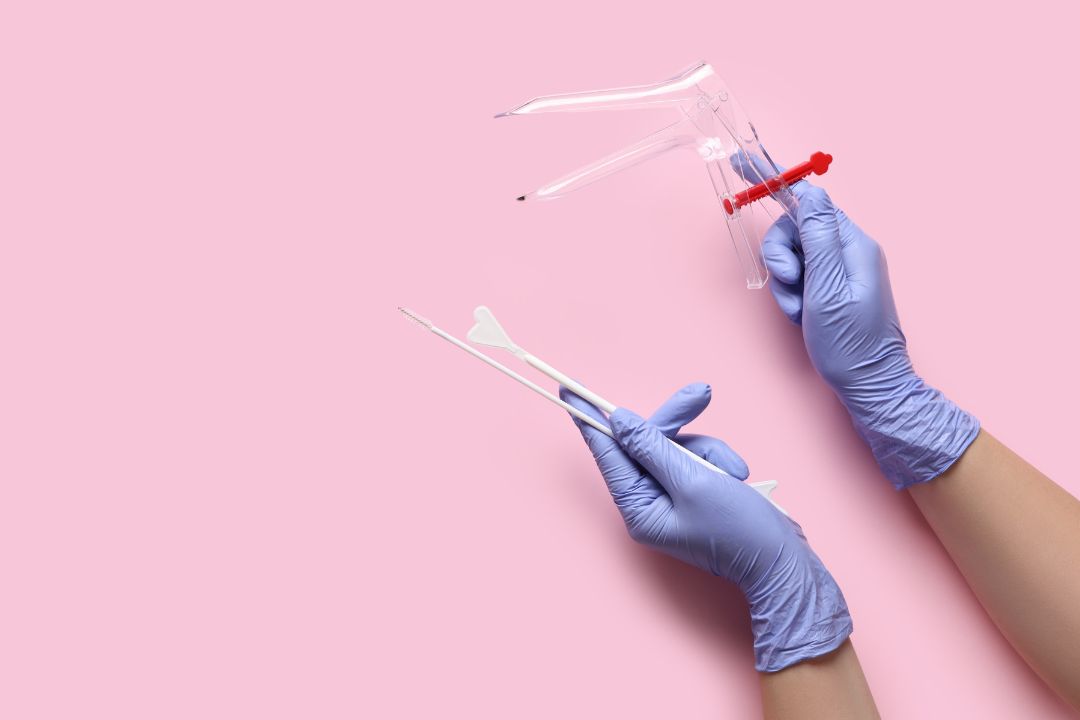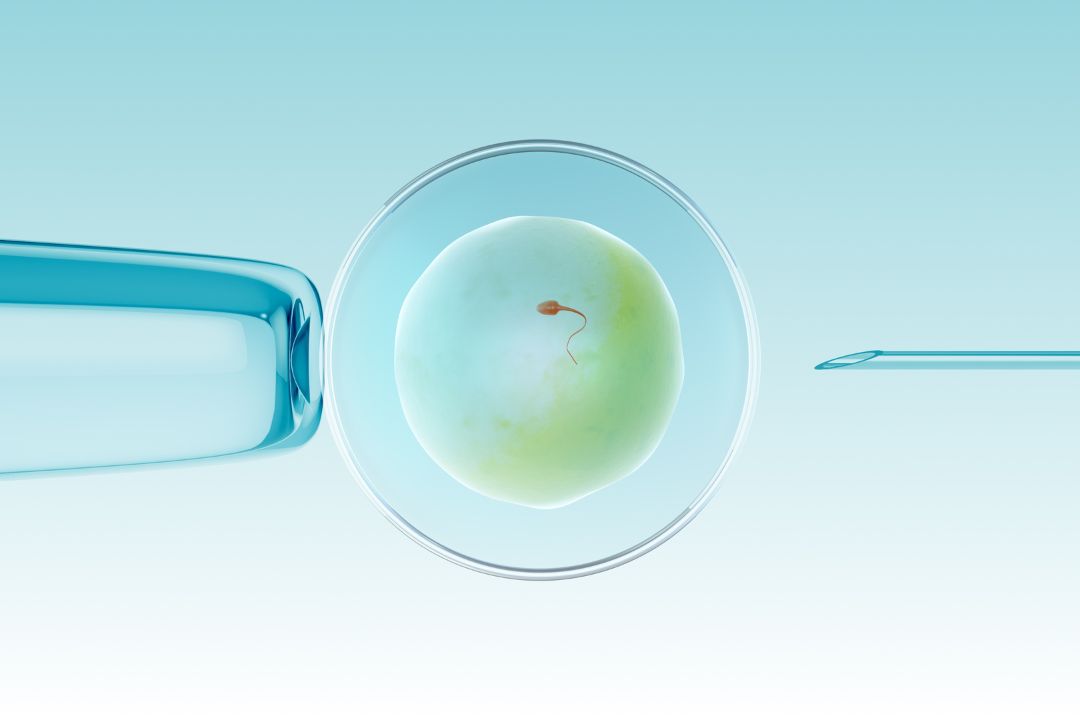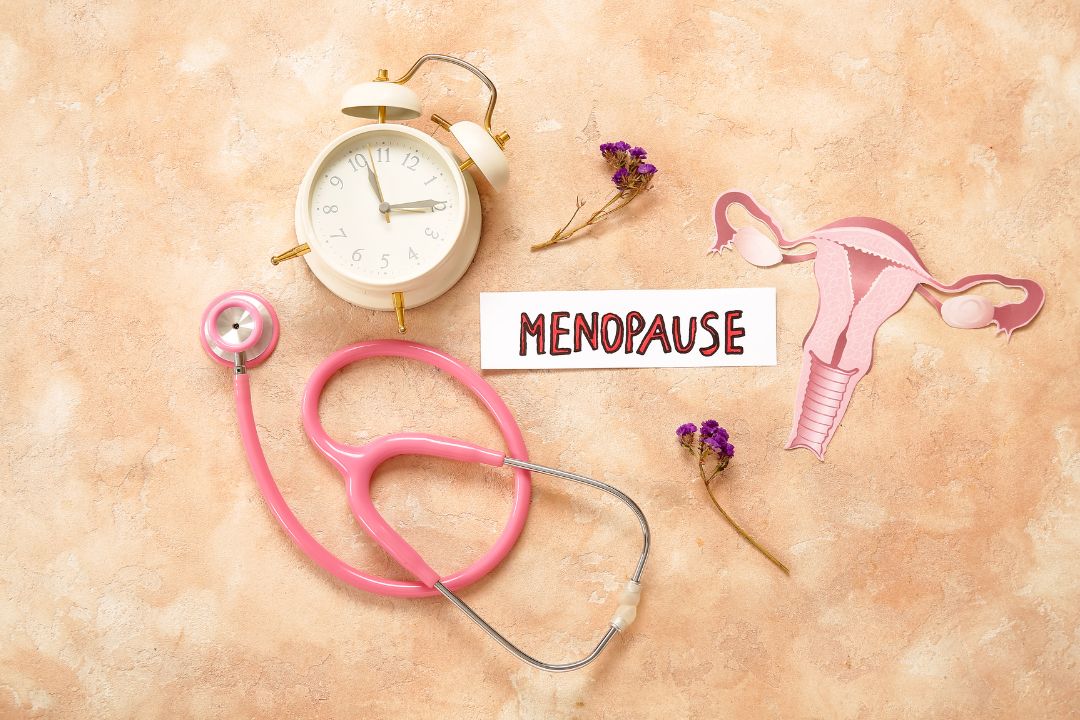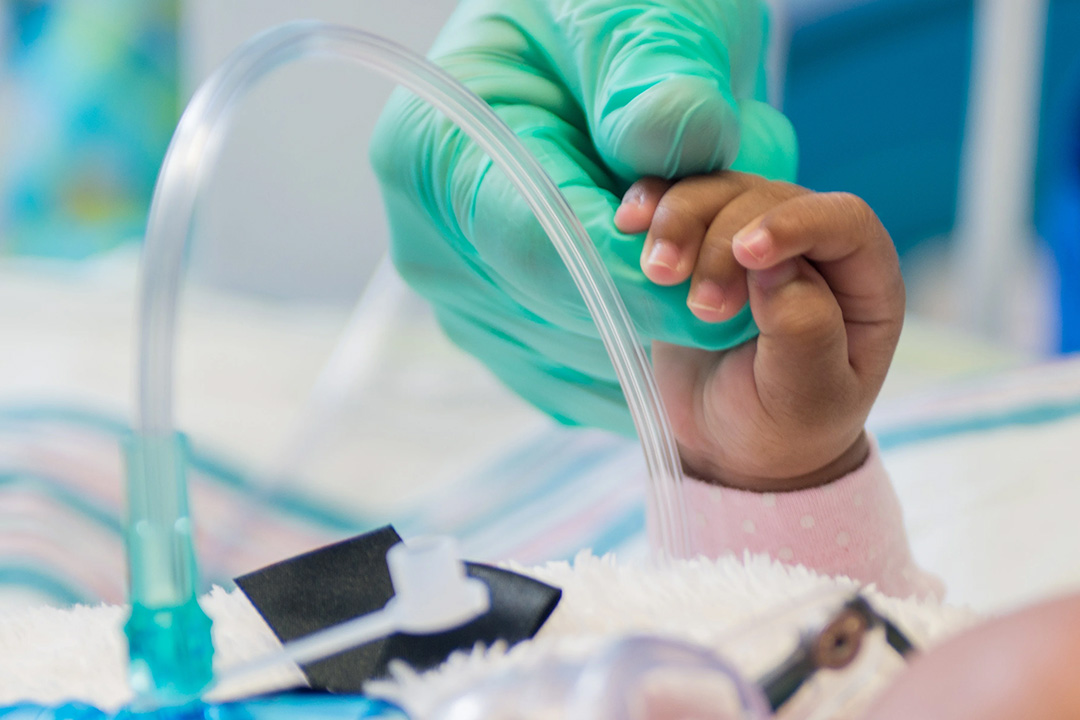How Long Does It Take to Get Pregnant with IUI?
Trying to conceive can be an emotional journey, some days filled with hope, and others with uncertainty. For many couples and individuals, Intrauterine Insemination (IUI) becomes one of the first medical steps toward building a family.
The timeline depends on your menstrual cycle, the medications used, underlying fertility issues, sperm quality, and your age. While some people conceive in the very first cycle, others may need several attempts before seeing a positive test.
Understanding the process and the factors that affect success can make the experience less stressful and help you set realistic expectations. In this article, we break down the IUI timeline, success rates, how long it may take to conceive, what influences the outcome, and what you can expect throughout the journey.
IUI and How It Works
IUI (intrauterine insemination) is a fertility procedure in which specially prepared sperm is placed directly inside the uterus. This placement shortens the distance sperm must travel to reach the fallopian tube, improving the chance that one sperm will meet the egg at the right time.
In a natural cycle, only a small portion of sperm manages to travel from the vagina up through the cervix and into the uterus. By bypassing the cervix and using concentrated, healthy sperm, IUI gives fertilization a better chance of happening.
Most people undergo IUI either with their partner’s sperm or donor sperm. Some cycles use fertility medications to increase the number of eggs released, while others rely on the body’s natural ovulation.
How Long Does the Entire IUI Process Take?
A typical IUI cycle takes around four weeks which is similar to a regular menstrual cycle. Here’s a step-by-step breakdown:
1. Pre-IUI Evaluation (Before the Cycle Begins)
- Your healthcare provider will usually recommend a few tests, such as:
- Blood tests to check hormones
- Ultrasound to assess ovarian health
- Screening for infections
- A semen analysis
This stage can take 1–2 weeks but is done only before your first IUI cycle.
2. Ovulation Monitoring (First 10–16 Days)IUI must be performed close to ovulation. Timing is everything. Your provider may monitor ovulation using:
- Ovulation prediction kits
- Blood hormone tests
- Ultrasound scans
- Trigger shots (hCG) to time ovulation precisely
Medication cycles may involve tablets for 5 days or injections for up to 10–12 days.
3. Insemination (A Few Minutes)The IUI procedure itself takes only a couple of minutes. After insemination, you may lie down for 10–30 minutes before going home.
4. The Two-Week Wait (14 Days After IUI)This is the period between insemination and the pregnancy test. Most people can test for pregnancy 14 days after the procedure.
How Long Does It Take to Get Pregnant with IUI?
Most people know whether they’re pregnant within 2–3 weeks from the day of IUI. However, that does not mean you will conceive on the first attempt. On average, pregnancy occurs within 1–3 IUI cycles for many people.
Healthcare providers often recommend trying up to three cycles of IUI before exploring other treatments like IVF. Some people get pregnant in the very first cycle; others may require repeated cycles or a different approach altogether.
What Is the Success Rate of IUI?
IUI has a success rate of about 10–20% per cycle, depending on:
- Age
- Use of fertility medications
- Sperm quality
- The underlying cause of infertility
For many people, IUI helps bring the chances of pregnancy closer to that of natural conception.
Success Rate by Age (Approximate)
- Under 35 years: 15–20% per cycle
- 35–40 years: 10–12% per cycle
- Above 40 years: 5–7% per cycle
These are average numbers and individual outcomes vary widely.
Why Does IUI Success Vary So Much?
A few key factors influence how quickly you can get pregnant through IUI:
1. Ovulation Timing
IUI works best when insemination happens 24–36 hours after an LH surge or trigger injection. If timing is off, the sperm and egg may not meet.
2. Sperm Quality
IUI requires sperm with good movement and count. If sperm is weak, slow, or few in number, the chances reduce. Sperm washing helps select the healthiest sperm, improving the odds—but it cannot fix severely impaired sperm.
3. Your Age
Egg quality naturally decreases with age. Women above 37–38 may take longer to conceive, and the success of IUI may drop each year.
4. Use of Fertility Medications
Cycles using medications like clomiphene, letrozole, or FSH often have higher success because more than one egg may be released. Natural cycles are simpler but may have lower chances.
5. Underlying Fertility Issues
IUI works best in:
- Mild male factor infertility
- Unexplained infertility
- Cervical mucus issues
- Ejaculation or erection difficulties
- Donor sperm cases
It works less effectively in:
- Moderate to severe endometriosis
- Blocked fallopian tubes
- Advanced male factor infertility
- Significant ovulation disorders
In such cases, IVF may offer better results.
How Many Cycles of IUI Should You Try Before Moving to IVF?
Most providers suggest trying three cycles of IUI before considering IVF. If you are above 40, they may recommend only one attempt before switching to IVF because time becomes crucial.
IUI may not be helpful if:
- The fallopian tubes are blocked
- Sperm count is extremely low
- There is severe endometriosis
- Age-related egg decline is significant
IVF offers higher success rates in these situations.
How Soon Can You Take a Pregnancy Test After IUI?
You can take a pregnancy test 14 days after the procedure. Testing earlier may give a false result because:
- Trigger shots contain hCG
- Hormone changes vary
- Implantation timing differs
A blood test is more accurate than a urine test.
What to Expect After IUI
Most people resume their routine immediately. Mild symptoms may appear, such as:
- Cramping
- Bloating
- Light spotting
- Tenderness
These do not indicate pregnancy or failure as they are normal responses to ovulation or the procedure. If you are prescribed progesterone, you may experience PMS-like symptoms, which can mimic early pregnancy signs.
How Can You Improve the Chances of Pregnancy with IUI?
There are some simple guidelines which can be followed to make conception more favorable, for instance:
- Follow the ovulation schedule closely
- Maintaining a healthy lifestyle by including balanced nutrition, regular movement, and stress management may help reproductive health.
- Avoid smoking and limit alcohol as both affect egg and sperm quality.
- Taking prenatal vitamins like Folic acid is recommended at least three months before trying to conceive.
- Discuss medications with your provider. Sometimes adding ovulation-stimulating drugs increases success.
Does IUI Hurt?
Most people feel only mild discomfort during insemination. Some describe the sensation as similar to a Pap smear. Cramping afterward is common but short-lived. No anesthesia is required.
How Much Does IUI Cost in India?
The cost of a single cycle of Intrauterine Insemination (IUI) treatment in India generally ranges from ₹10,000 to ₹20,000, but can reach up to ₹50,000 depending on the specific clinic, location, and additional requirements like medication or multiple cycles.
Factors Influencing the Cost
- Location: Costs in major metropolitan areas like Delhi, Mumbai, and Bangalore tend to be higher than in tier-2 or tier-3 cities.
- Number of Cycles: Many couples require more than one IUI cycle to achieve pregnancy, which increases the overall cost.
- Medication: The use of fertility drugs to stimulate ovulation adds to the expense.
- Additional Tests: Ultrasounds, blood monitoring, and other diagnostic tests contribute to the total price.
- Clinic and Doctor Expertise: The reputation and experience of the fertility clinic and doctor can influence pricing.
- Sperm Donor: The cost of using a sperm donor is not typically included in the basic procedure cost.
Frequently Asked Questions
1. How many IUI cycles do most people need?
Many people conceive within 1–3 cycles, but this varies with age and fertility health.
2. How long should I wait to take a pregnancy test after IUI?
About 14 days. Testing earlier may cause false positives due to fertility medications.
3. Does age affect IUI success?
Yes. Success rates are higher below age 35 and gradually decline with age due to changes in egg quality.
4. Is IUI painful?
Most people describe it as mildly uncomfortable. Cramping may occur but usually improves quickly.
5. What is the difference between IVF and IUI?
IUI helps sperm reach the egg inside the body, while IVF fertilizes the egg outside the body in a lab. IVF has higher success rates but is more complex and expensive.
7. Can IUI help if sperm count is low?
Yes, it can help in mild male factor infertility. However, very low sperm count may require IVF with ICSI.
Conclusion
IUI can be a hopeful and practical first step for many people trying to conceive, especially when fertility challenges are mild or unexplained. While the process is fairly quick and results are known within a couple of weeks, the journey to pregnancy often takes more than one cycle.
Factors like age, egg quality, sperm health, and timing play a big role in how soon conception happens. Understanding the timeline and setting realistic expectations can make the experience less overwhelming. With the right guidance, supportive care, and a clear plan, IUI can bring many individuals and couples closer to achieving their goal of starting a family.
About Us
AKsigen IVF is a premier center for advanced fertility treatments, with renowned fertility experts on our team. Specializing in IVF, ICSI, egg freezing, and other cutting-edge reproductive technologies, AKsigen IVF is committed to helping couples achieve their dream of parenthood. With personalized care and a patient-first approach, AKsigen IVF provides comprehensive fertility solutions under one roof.





